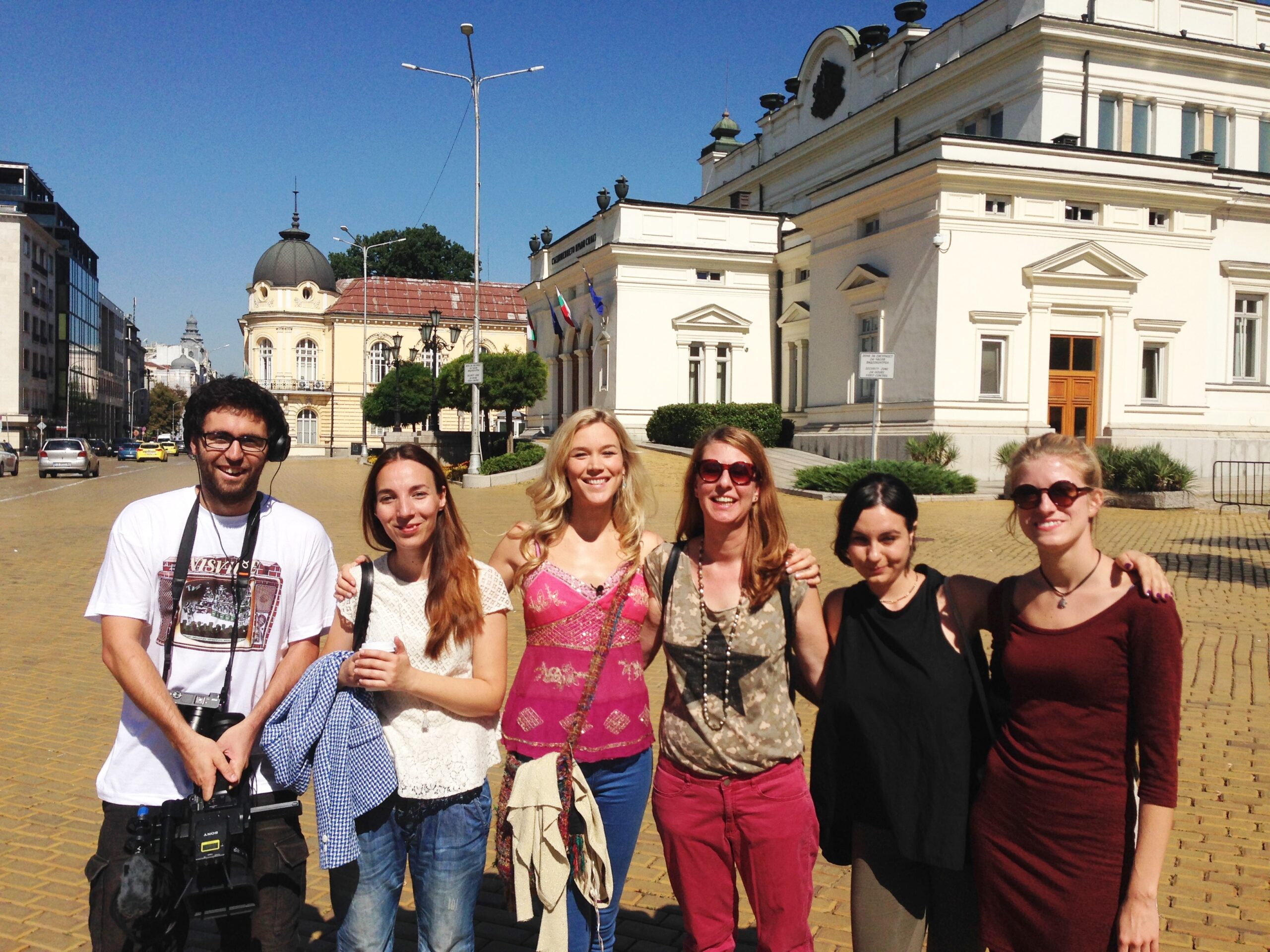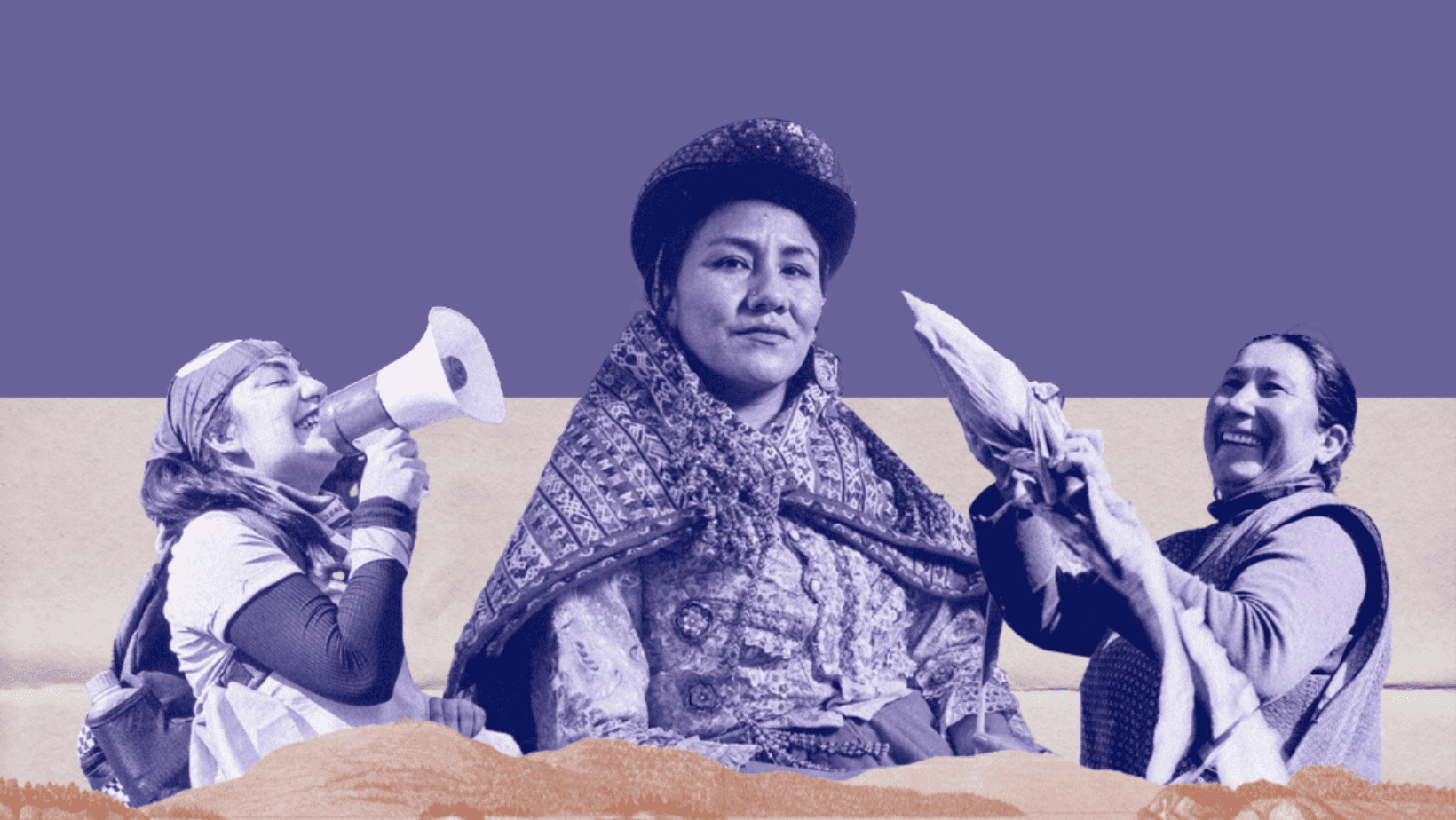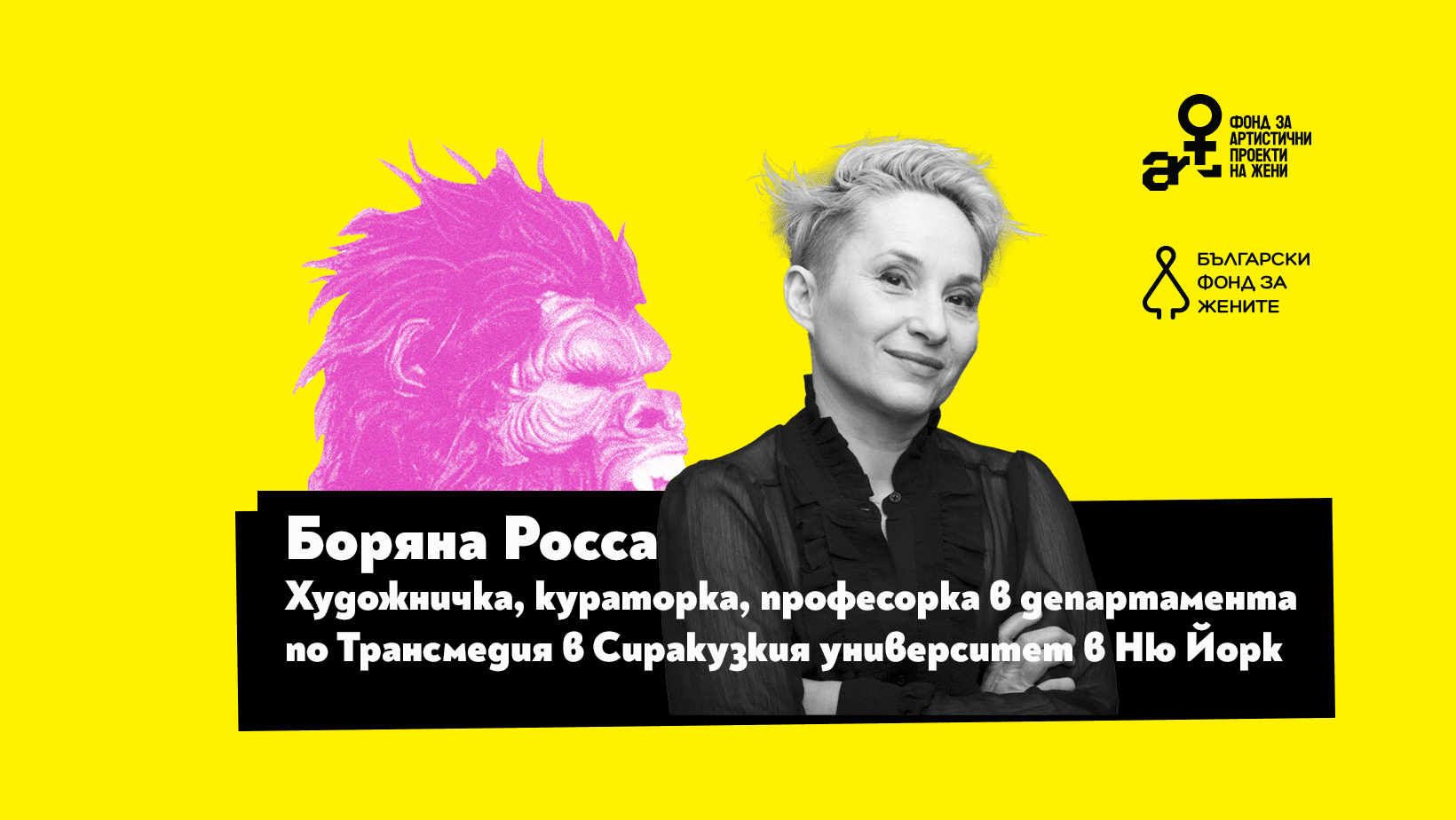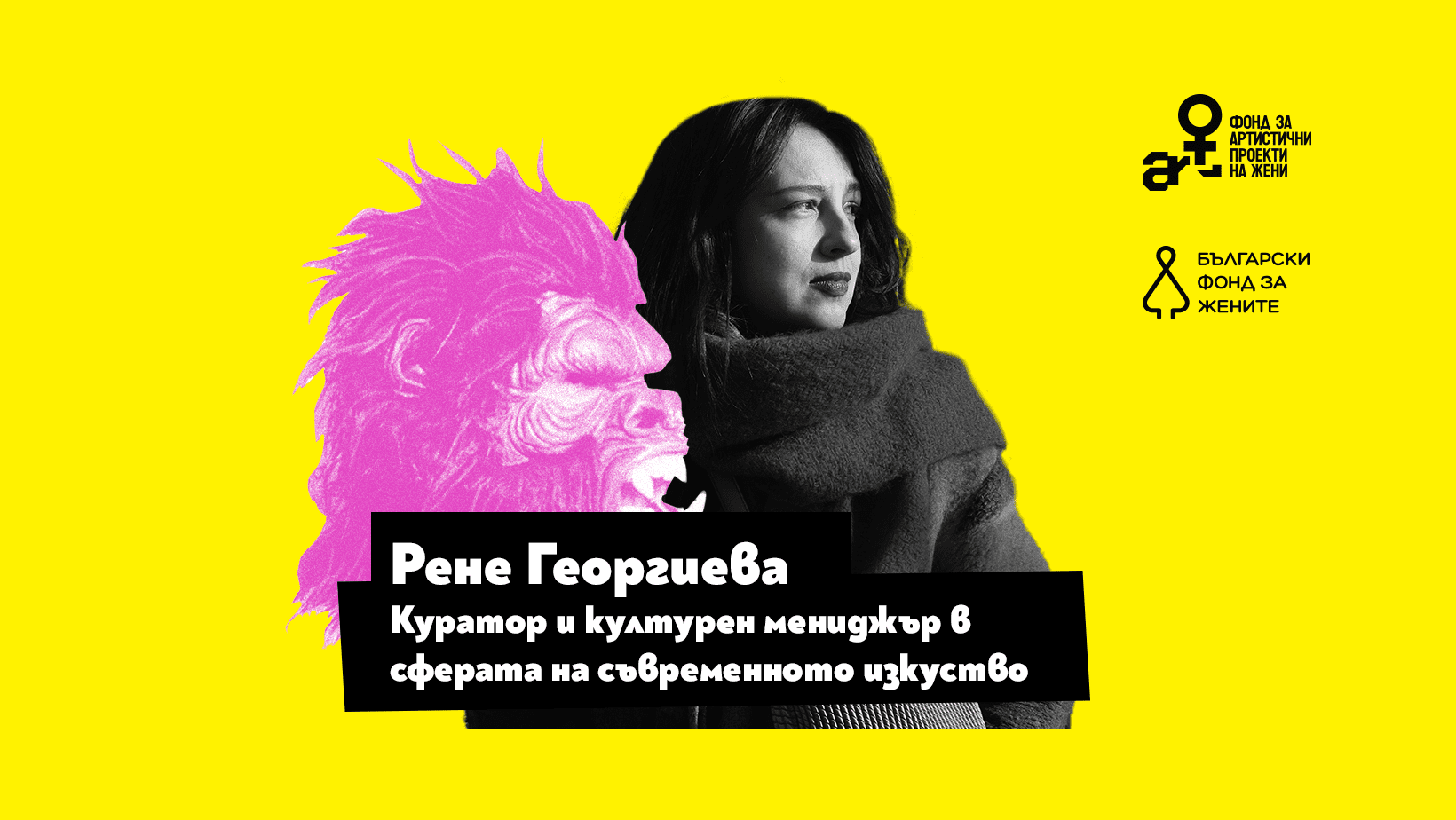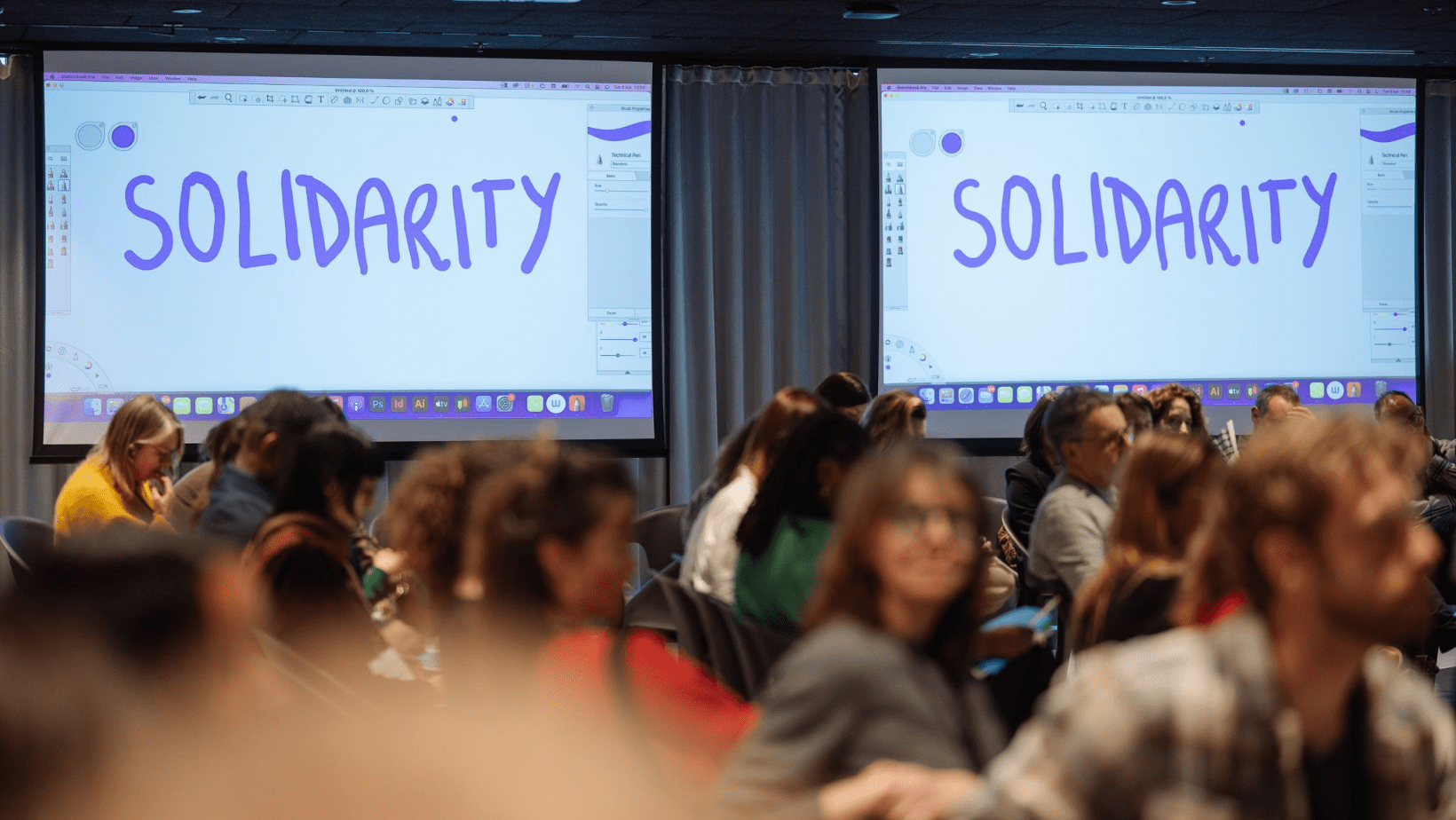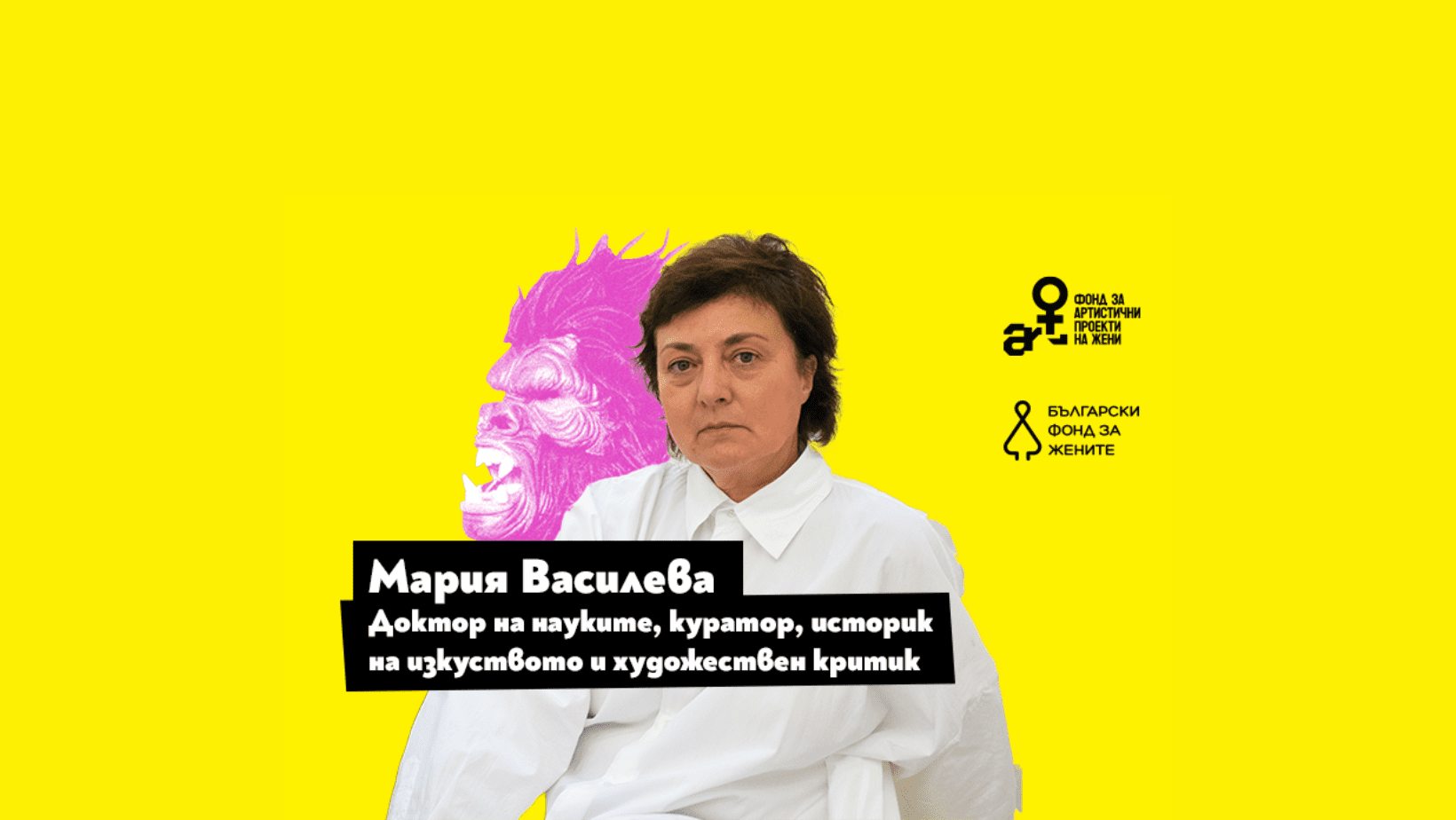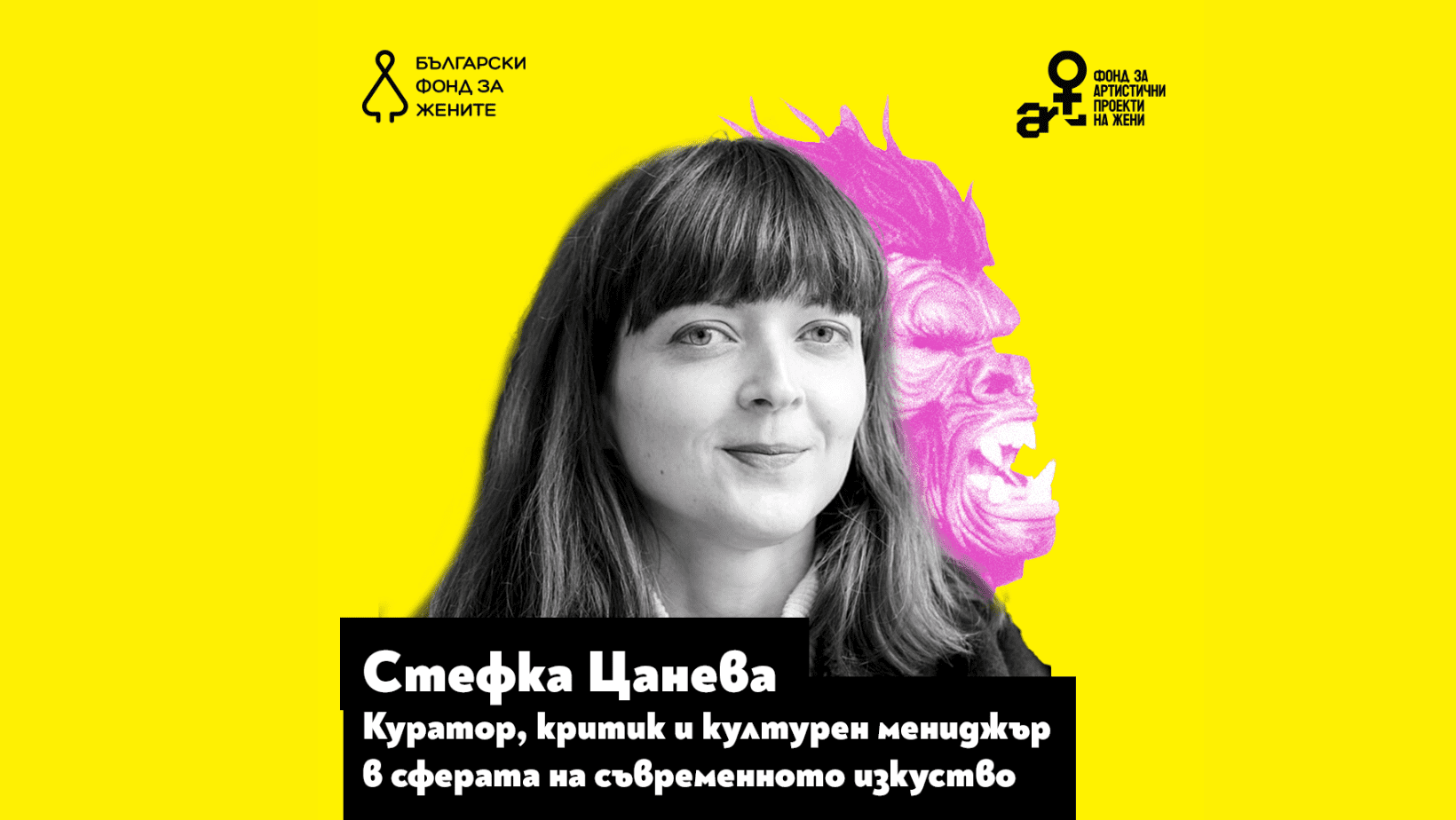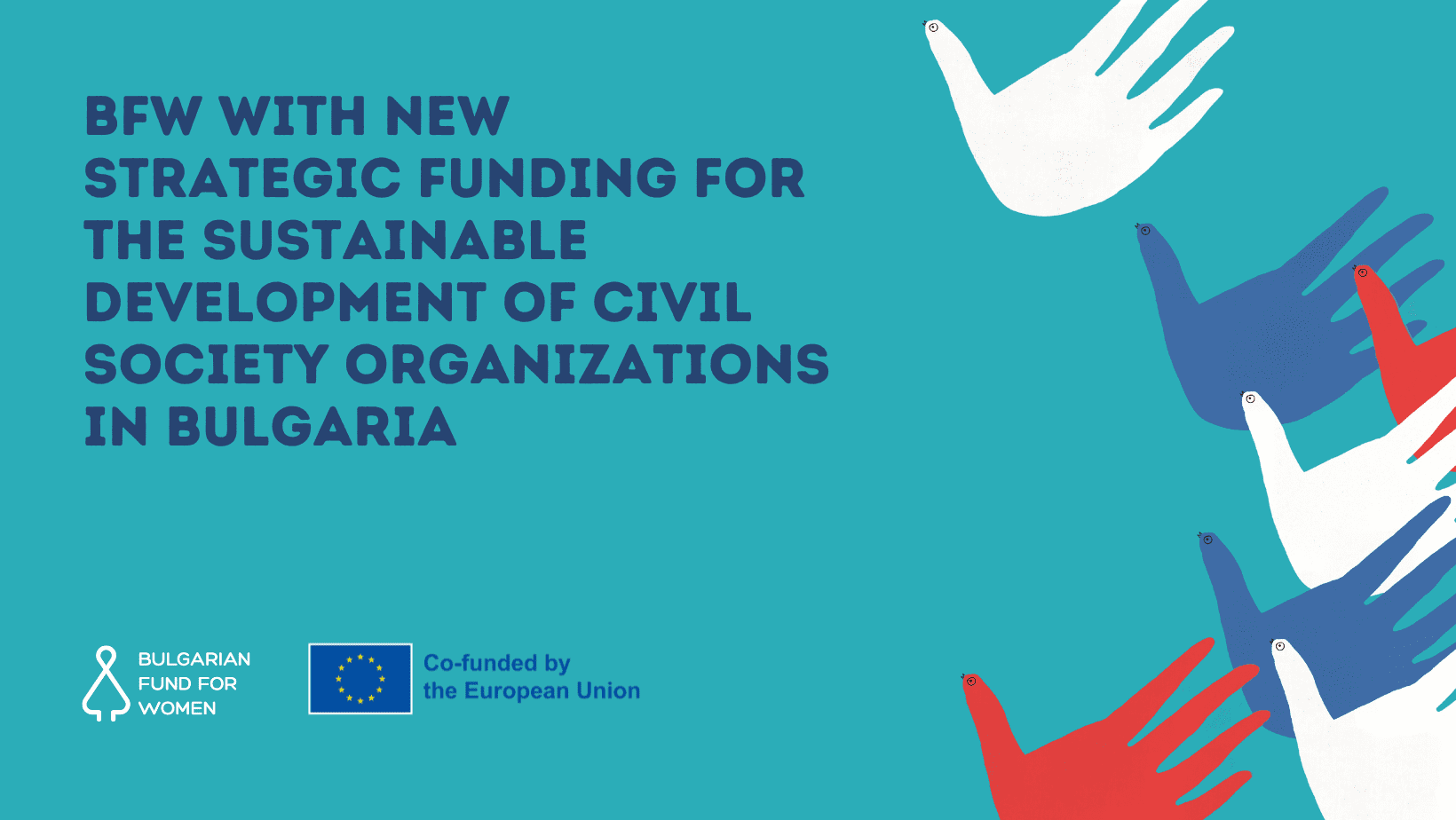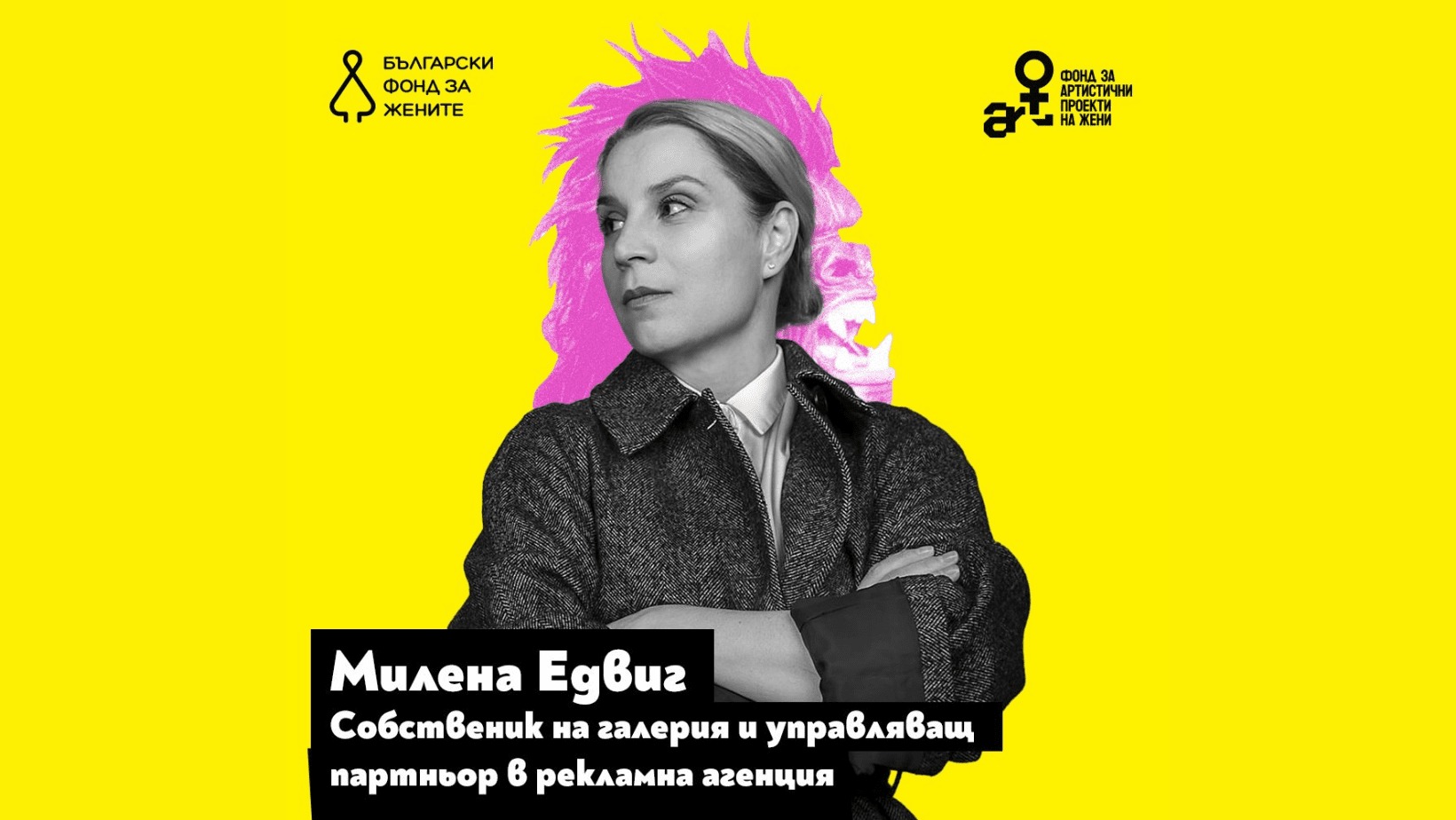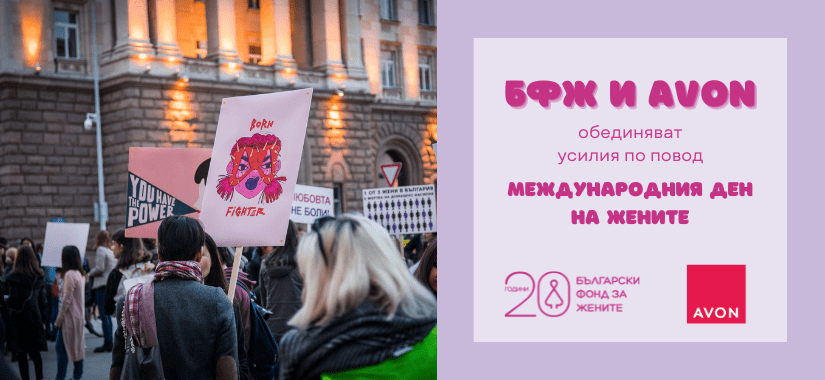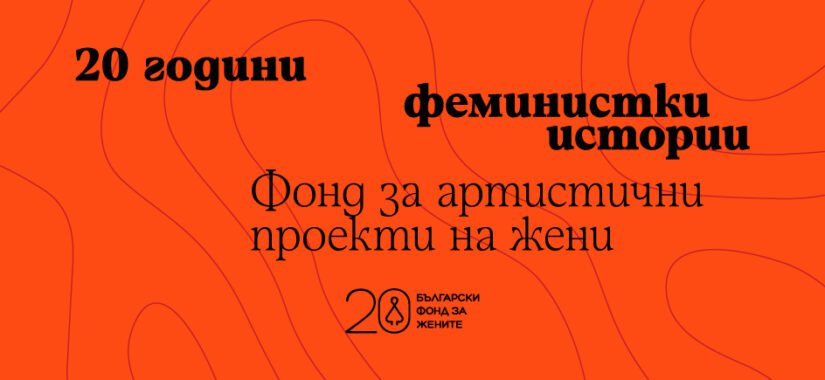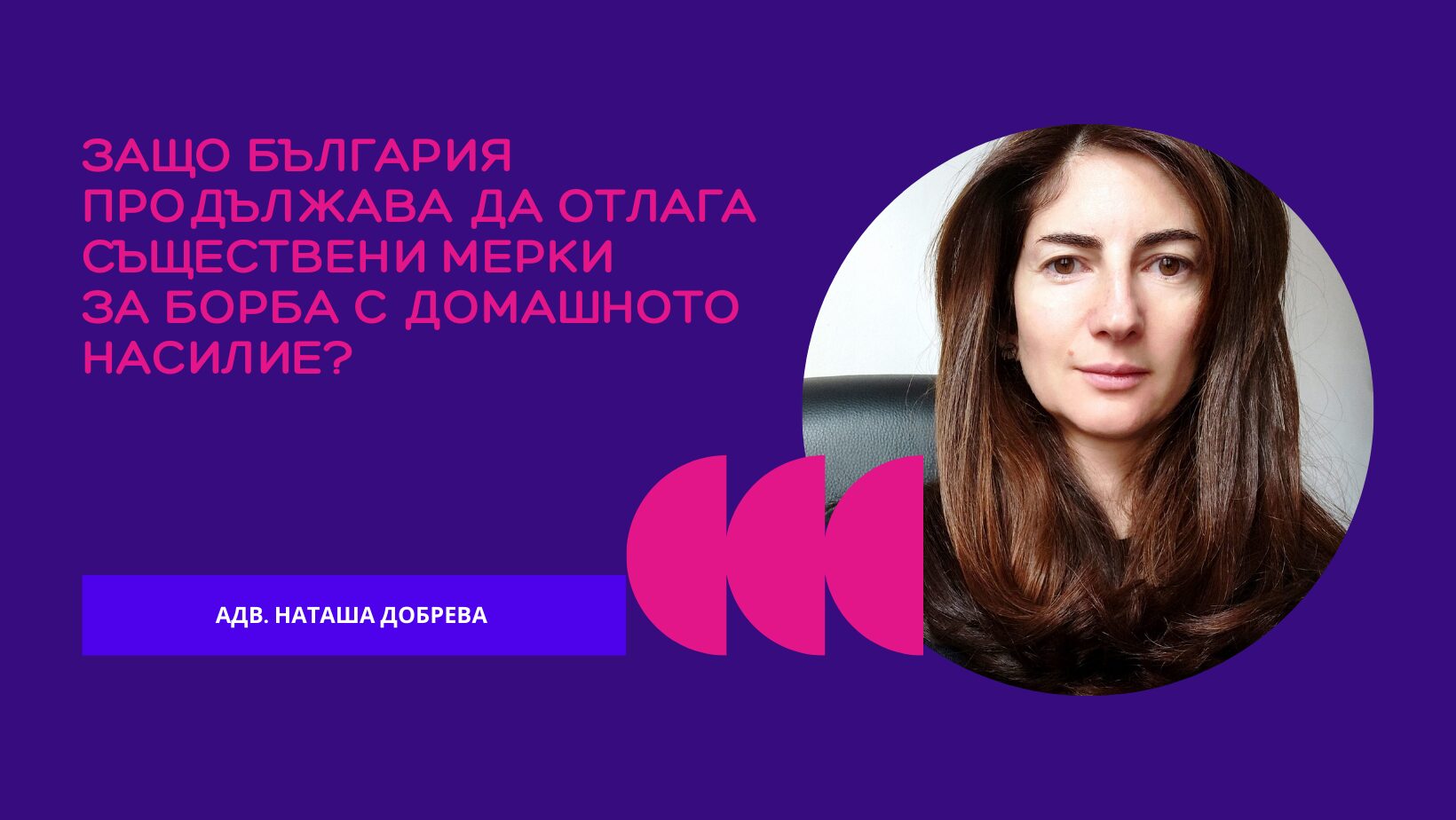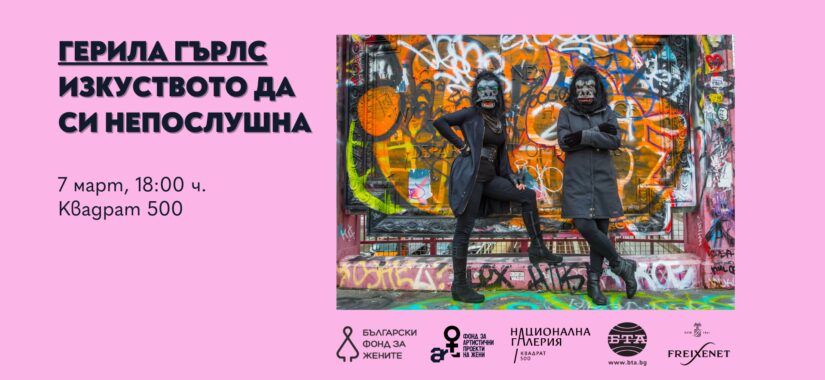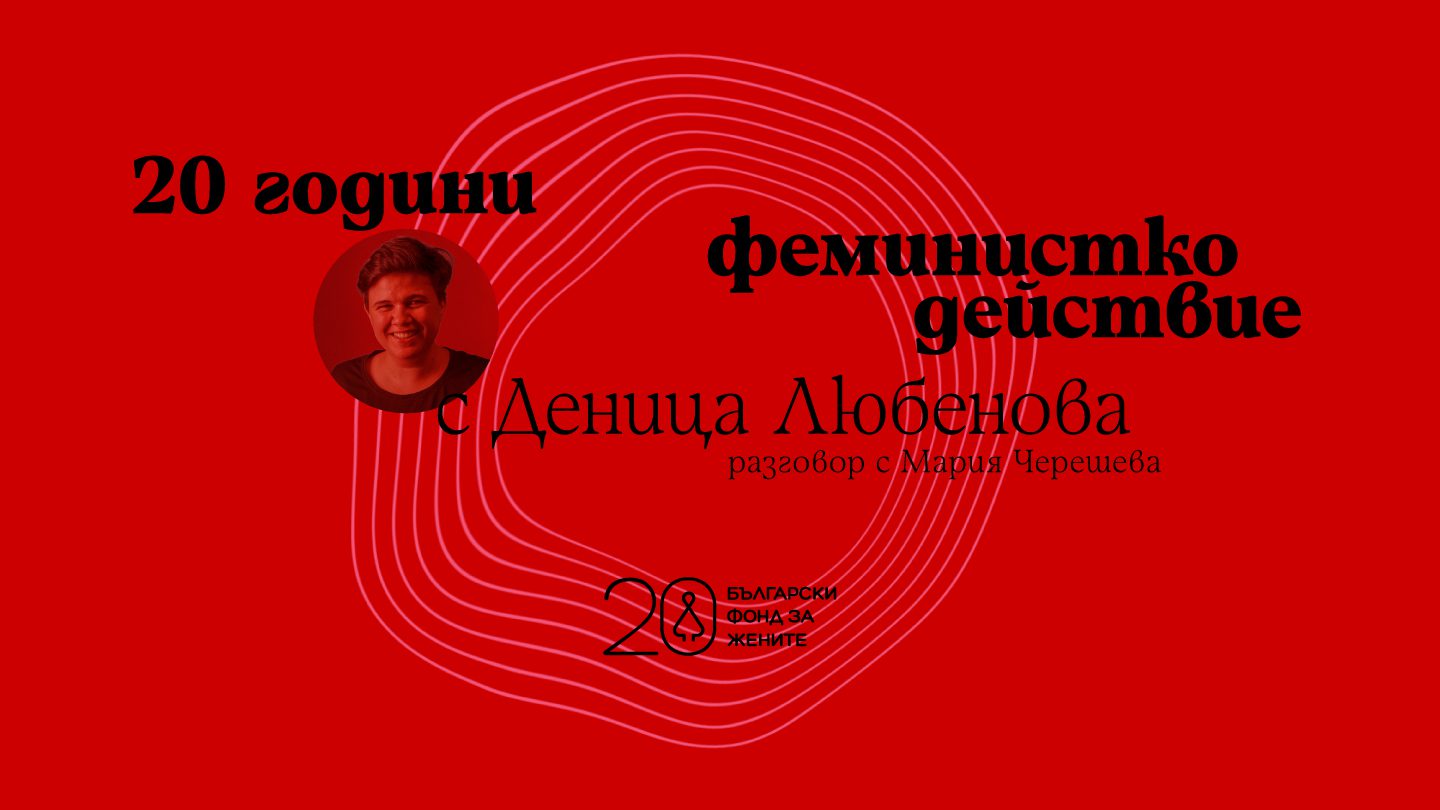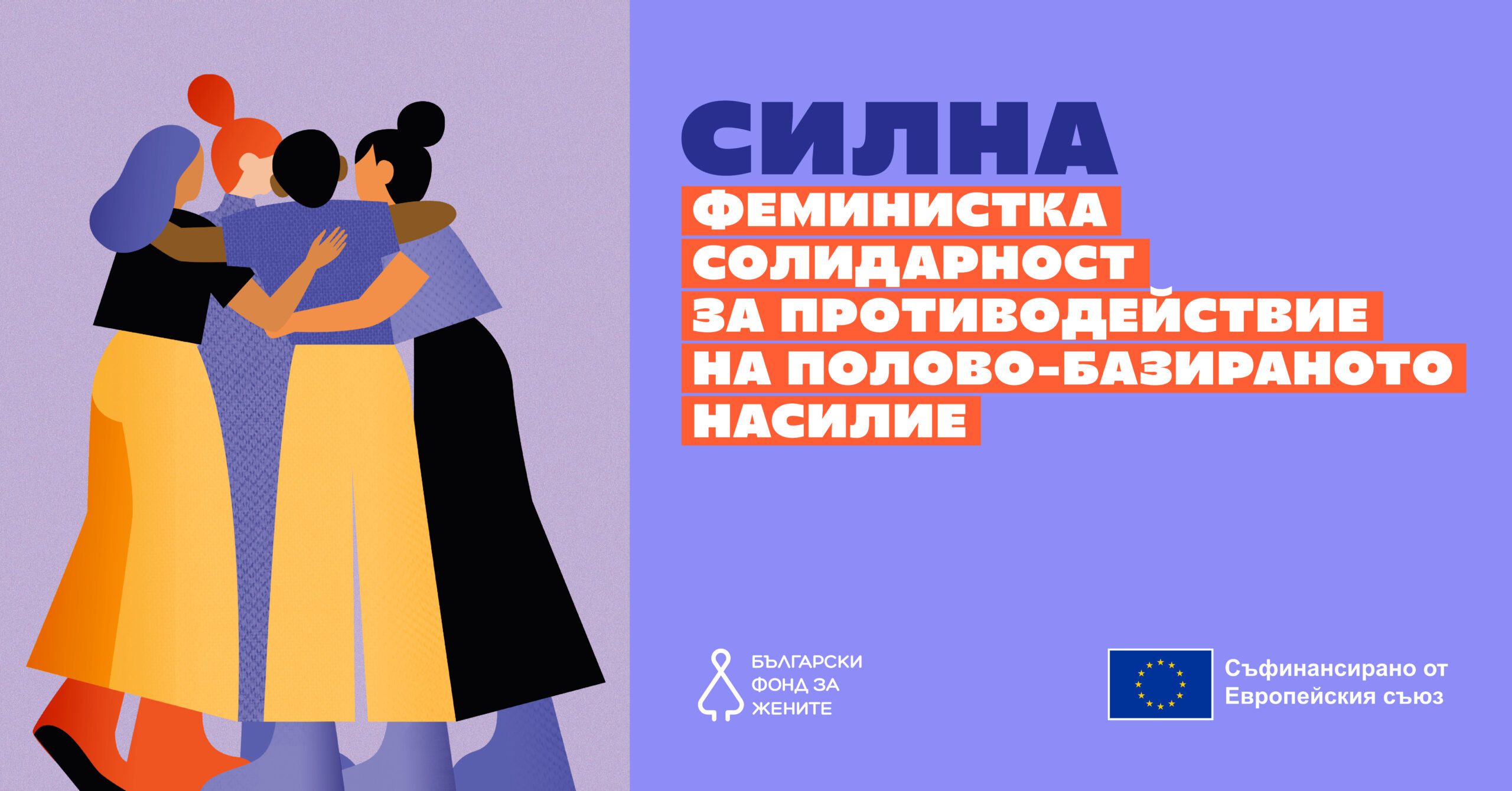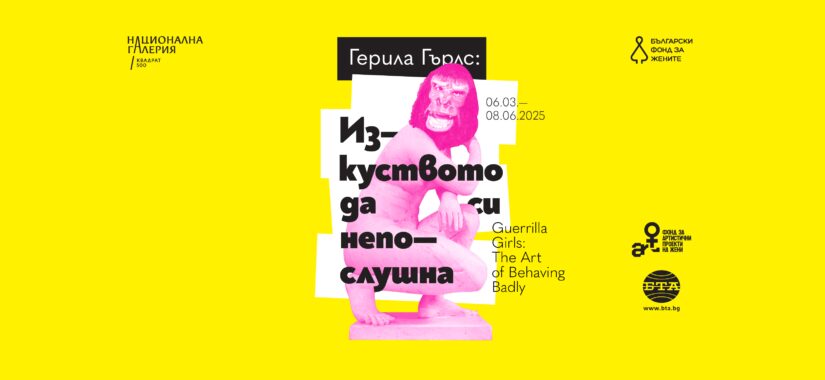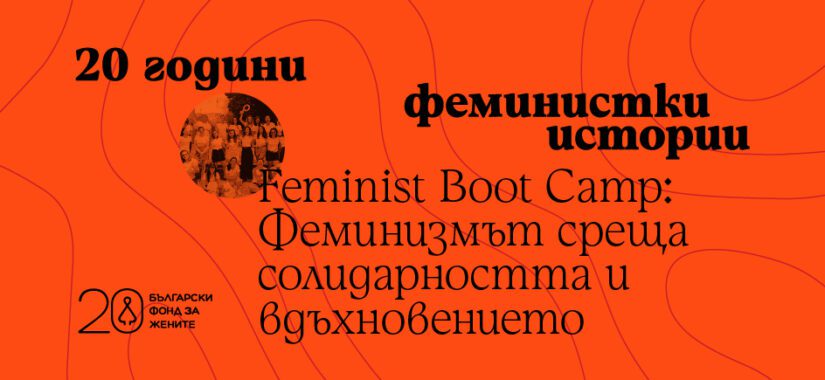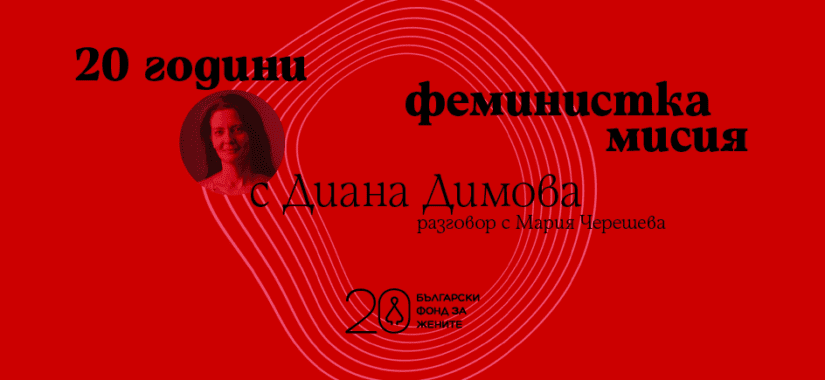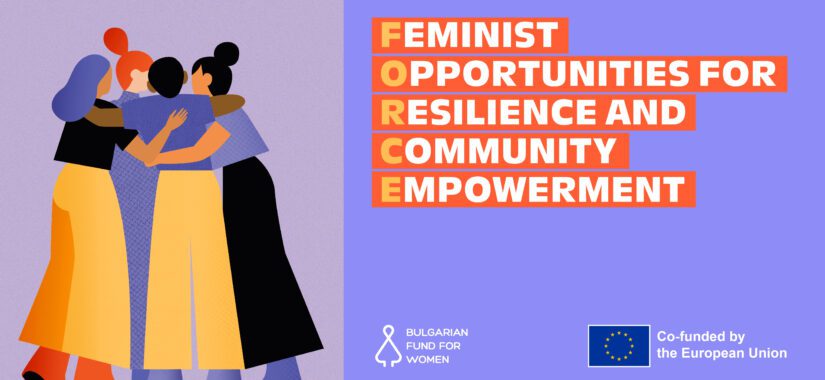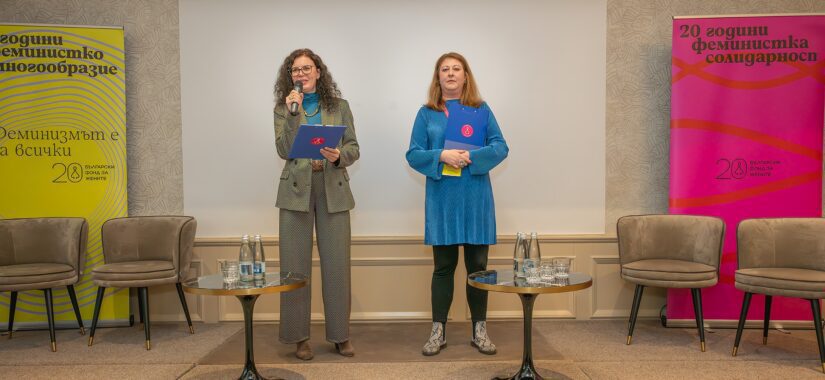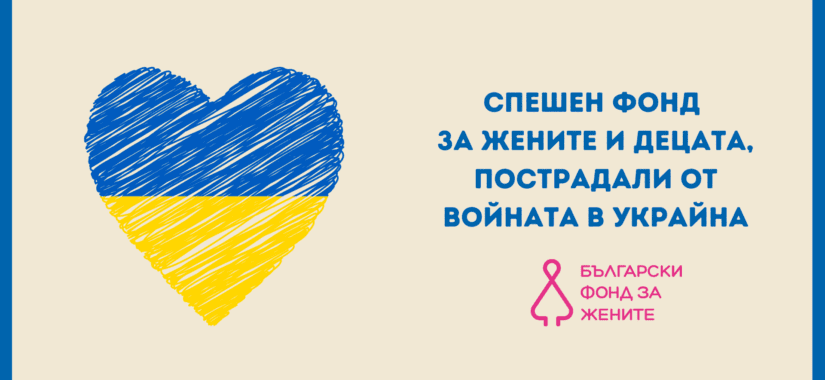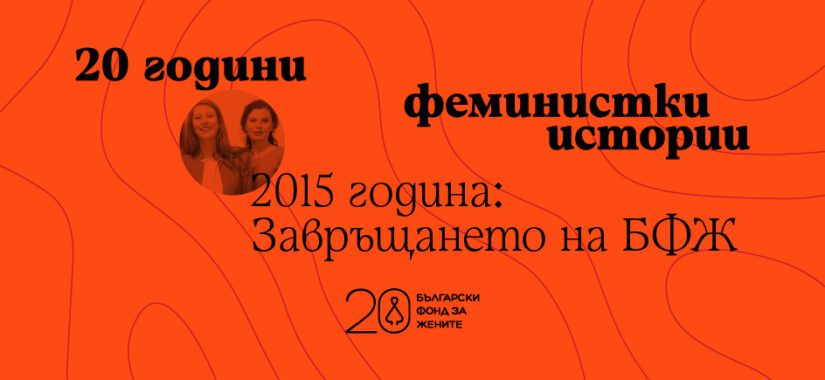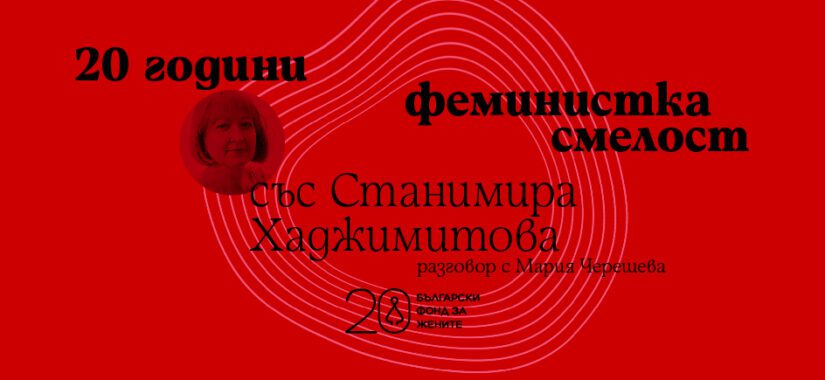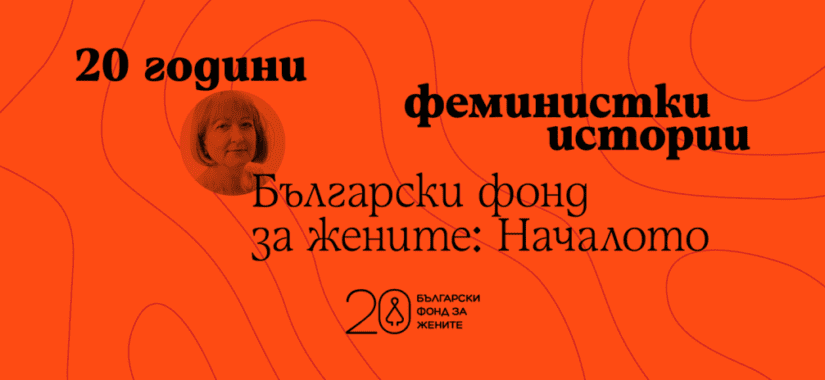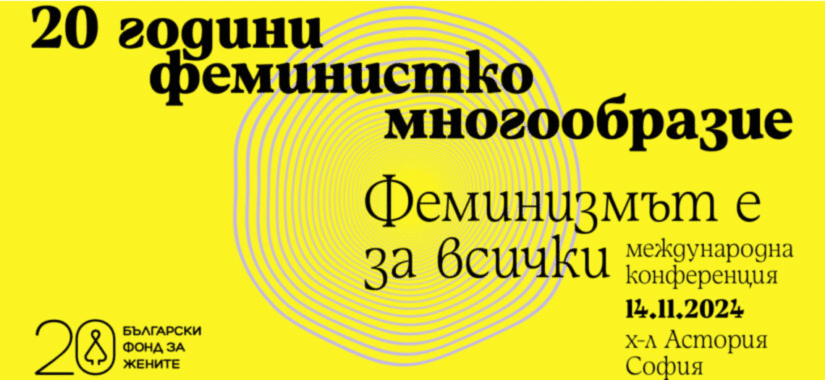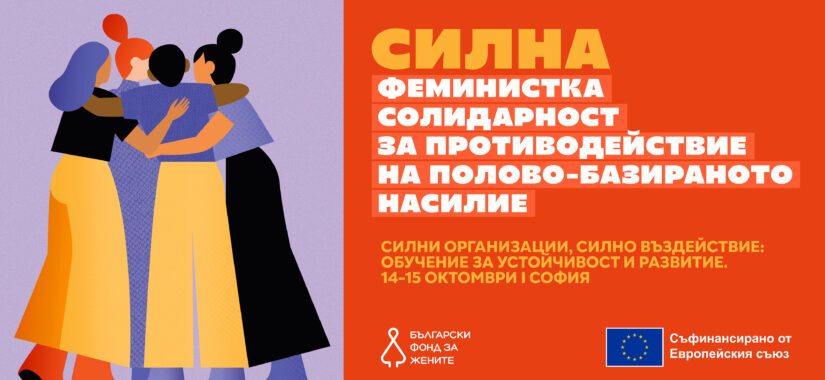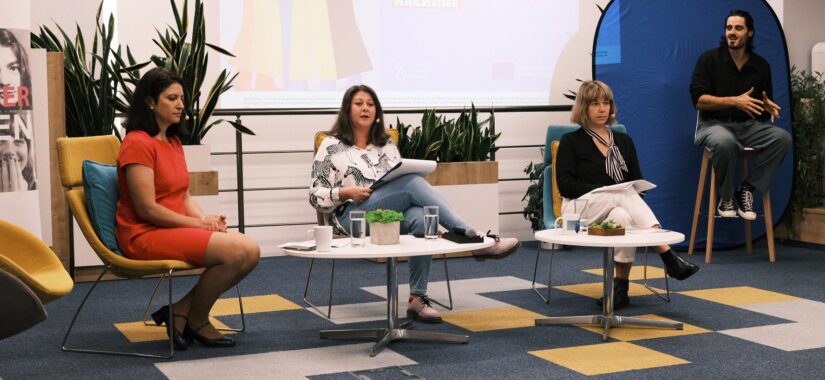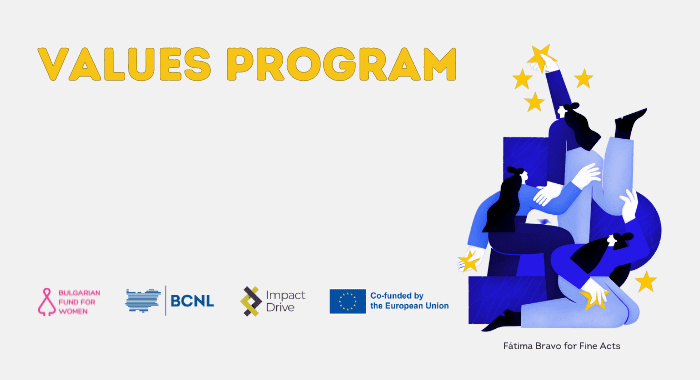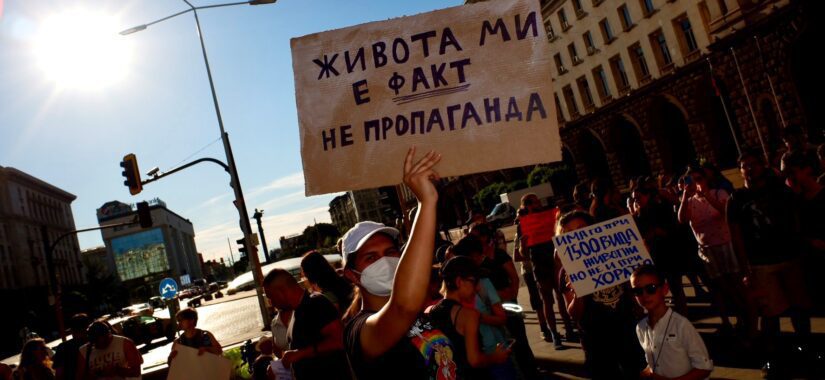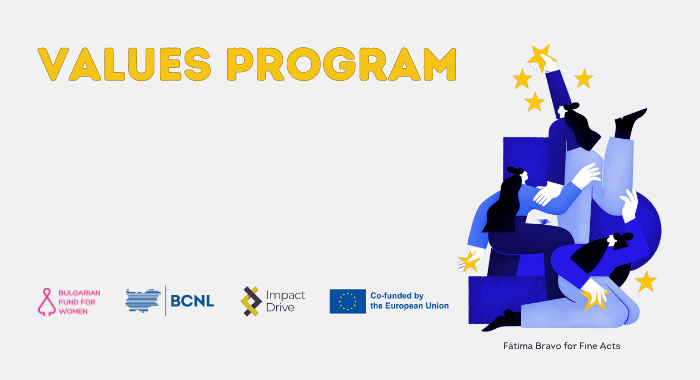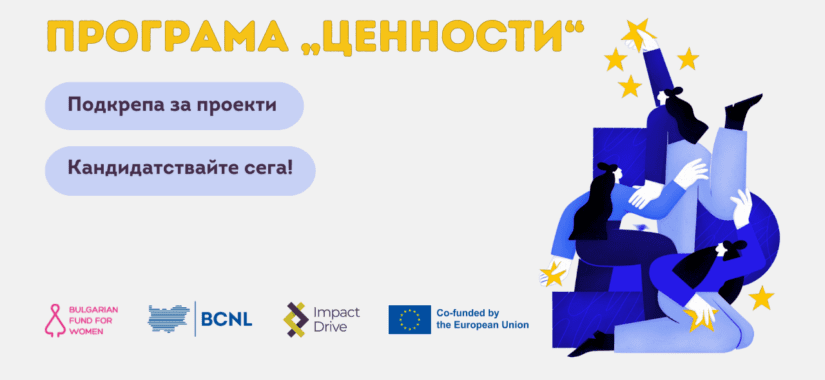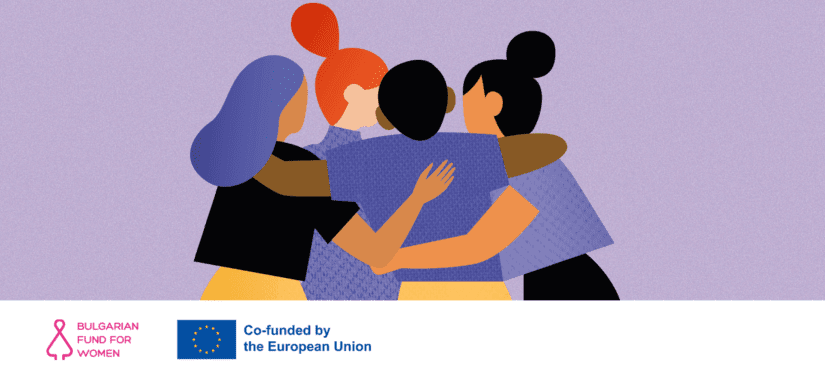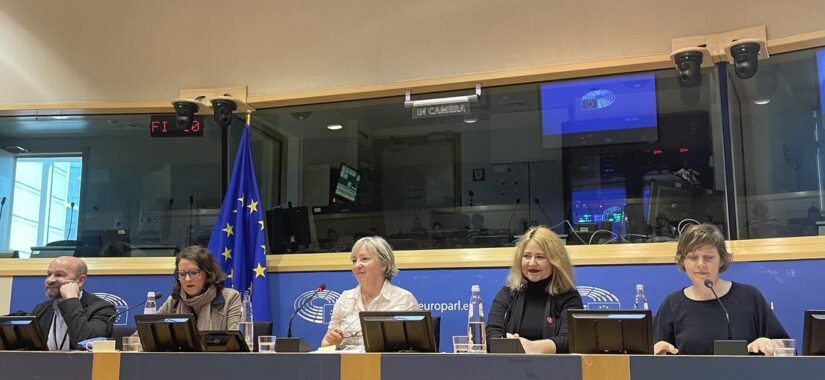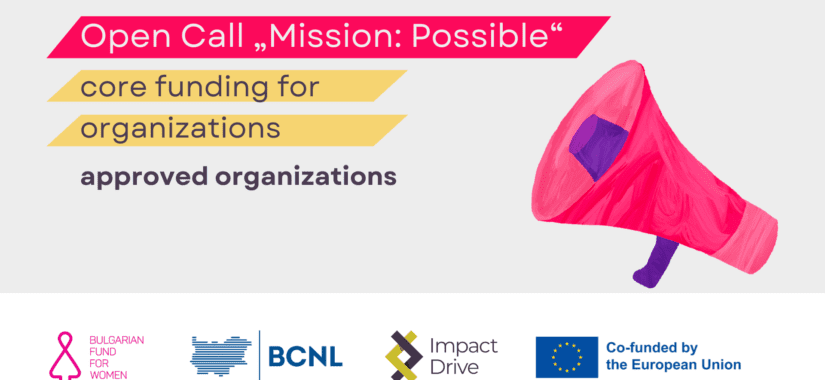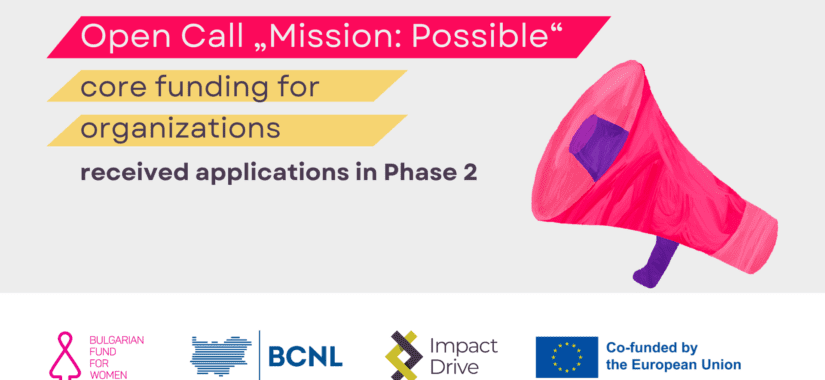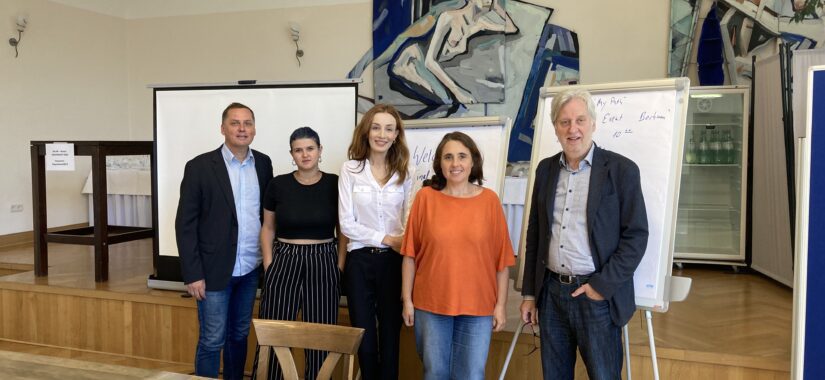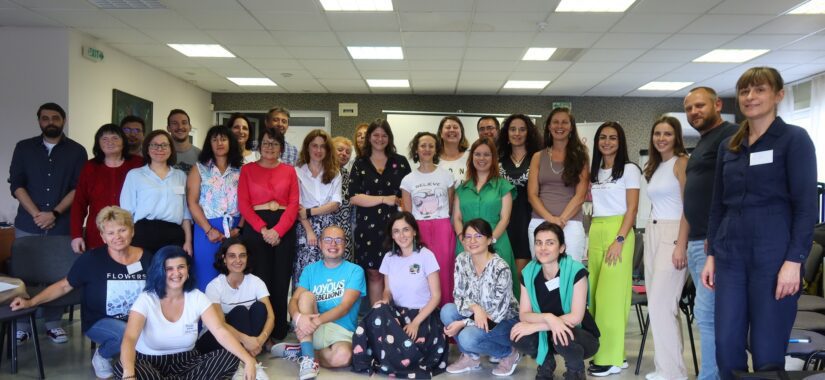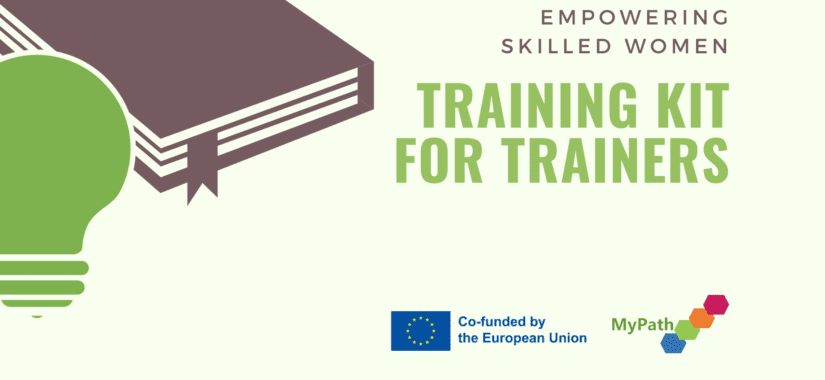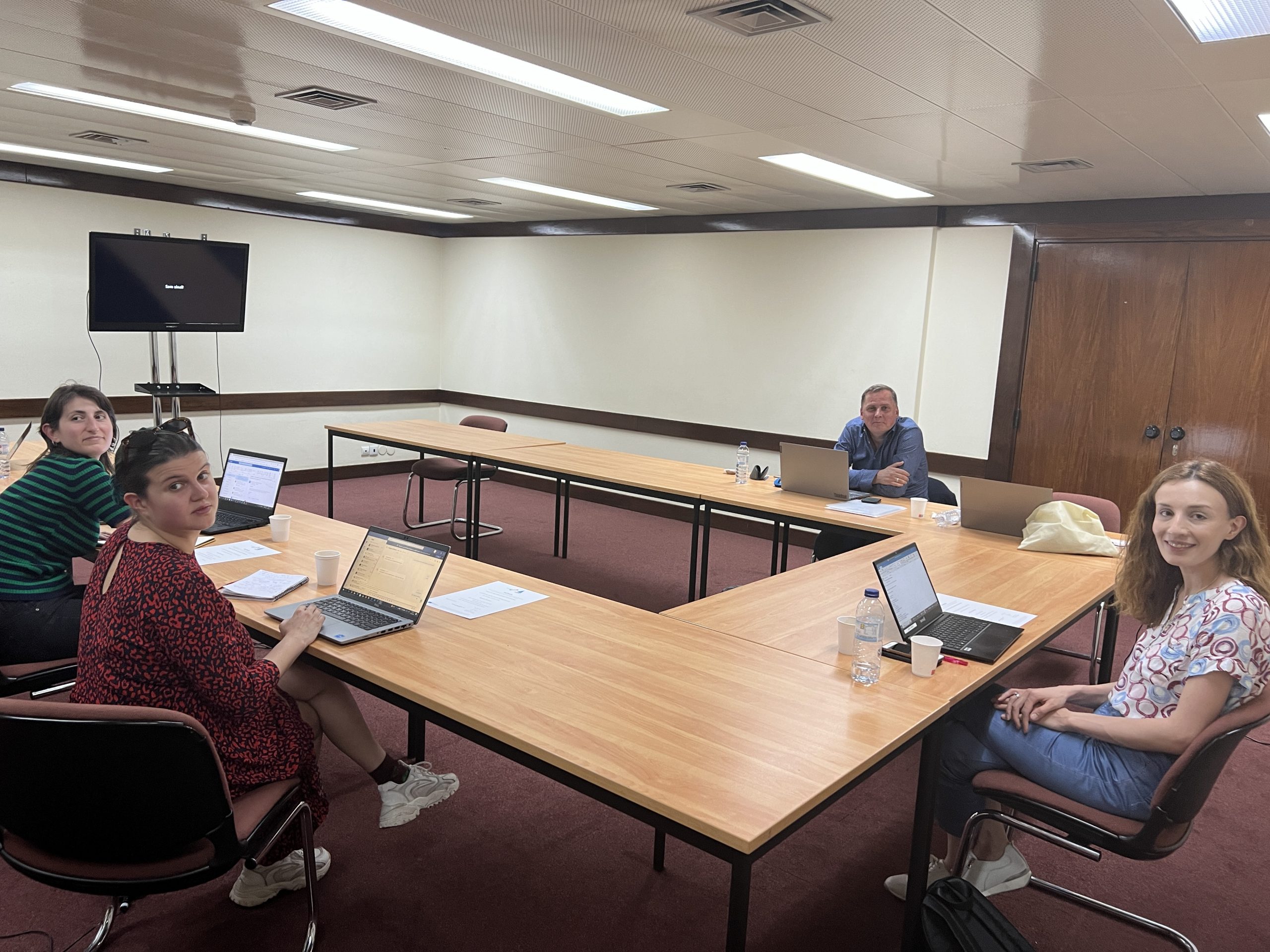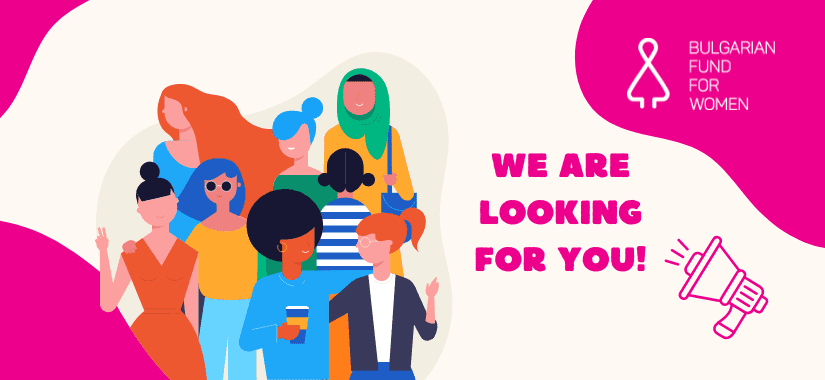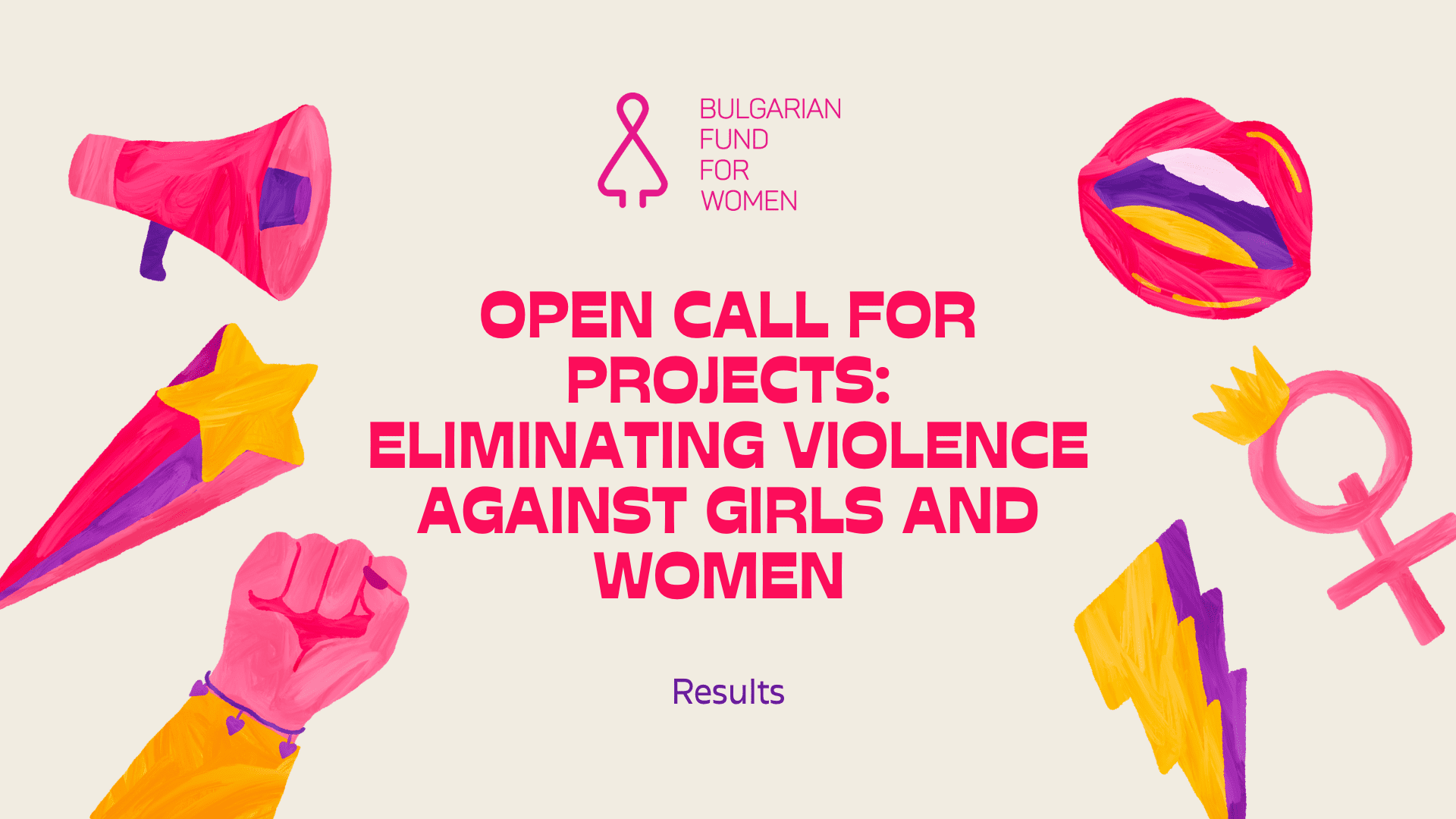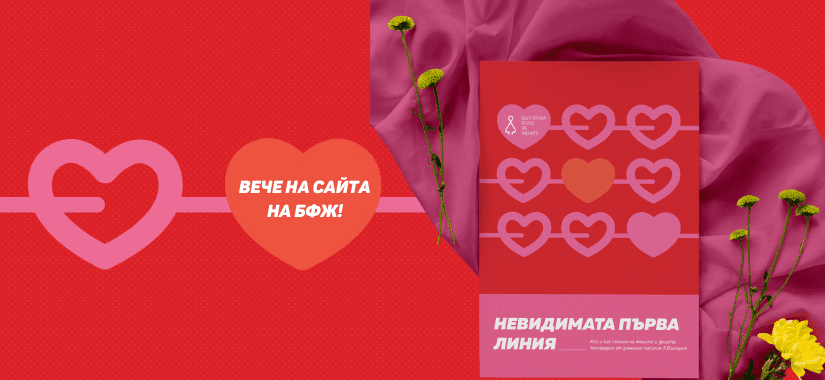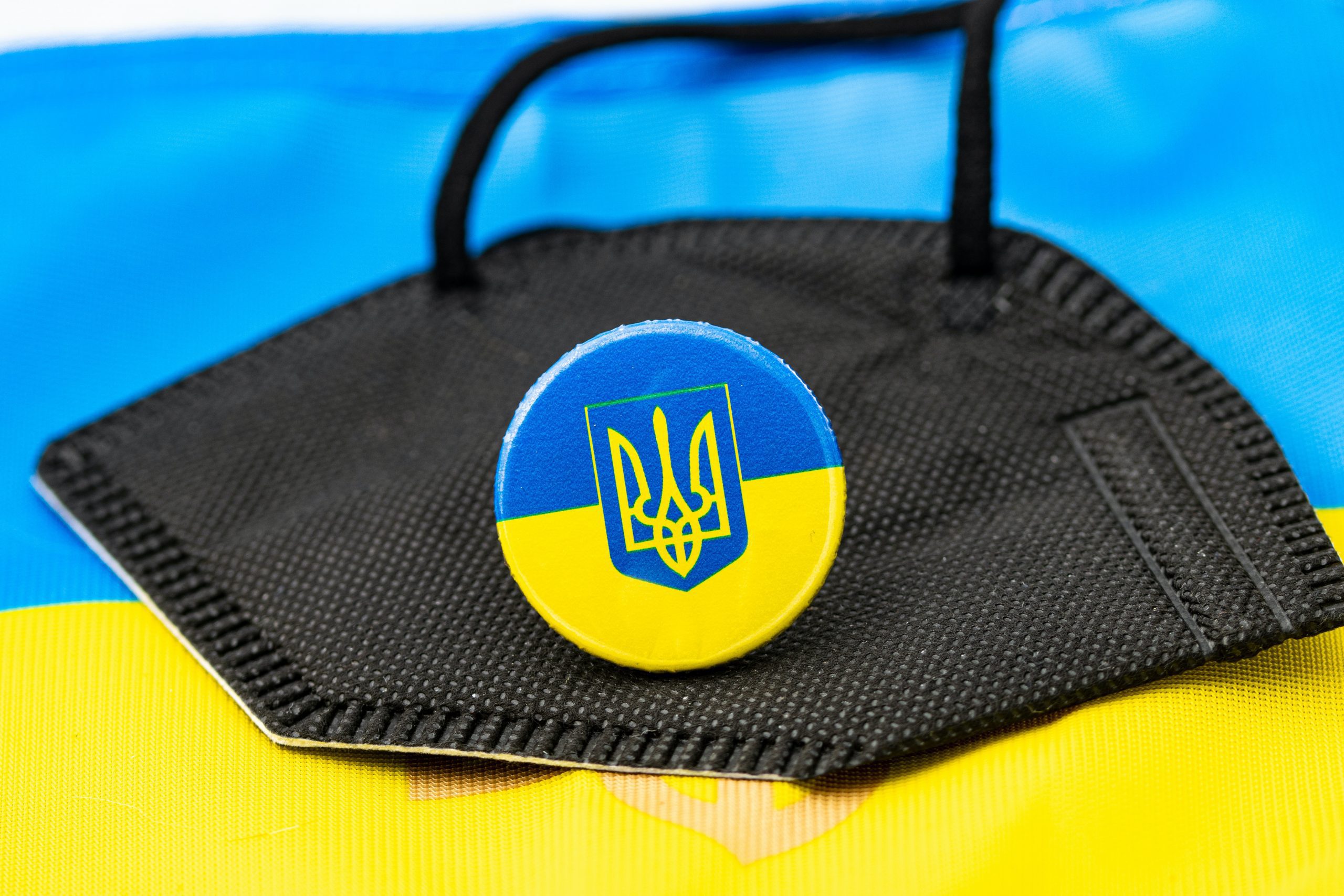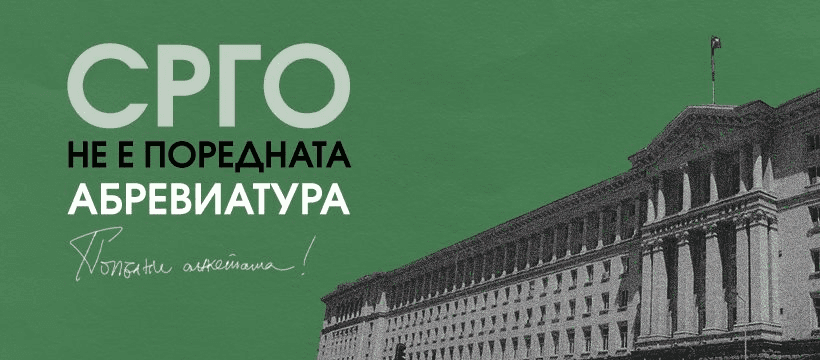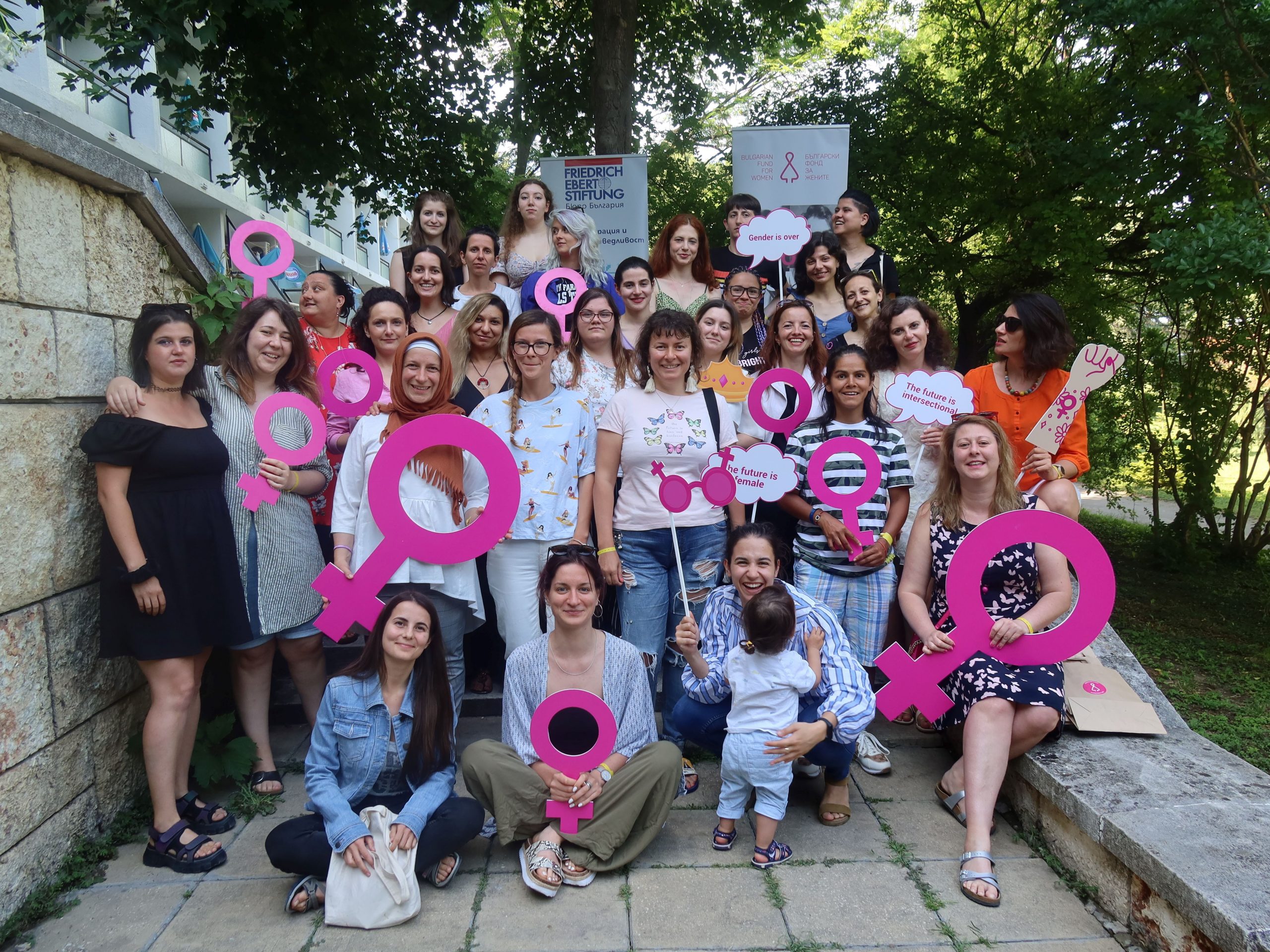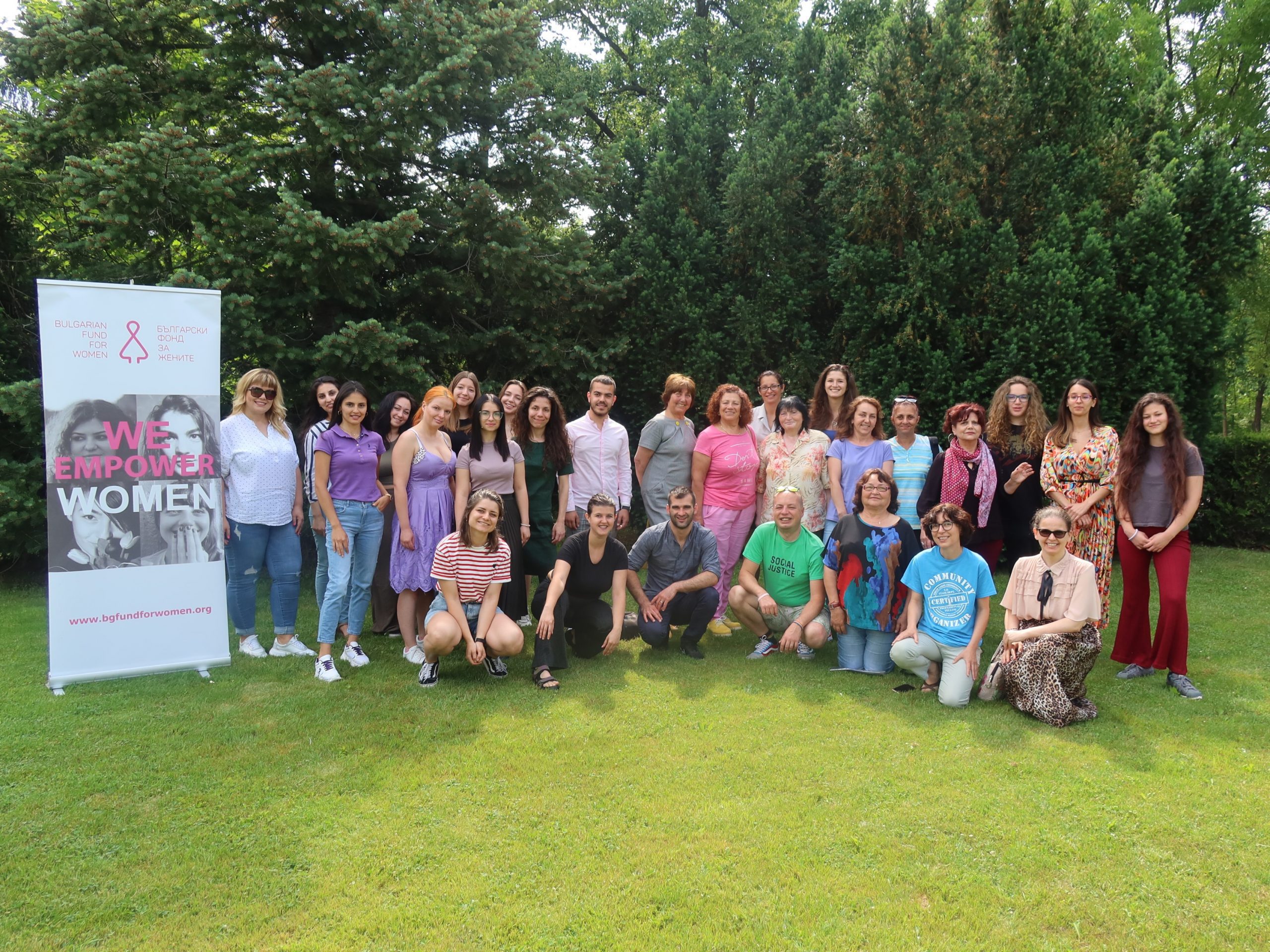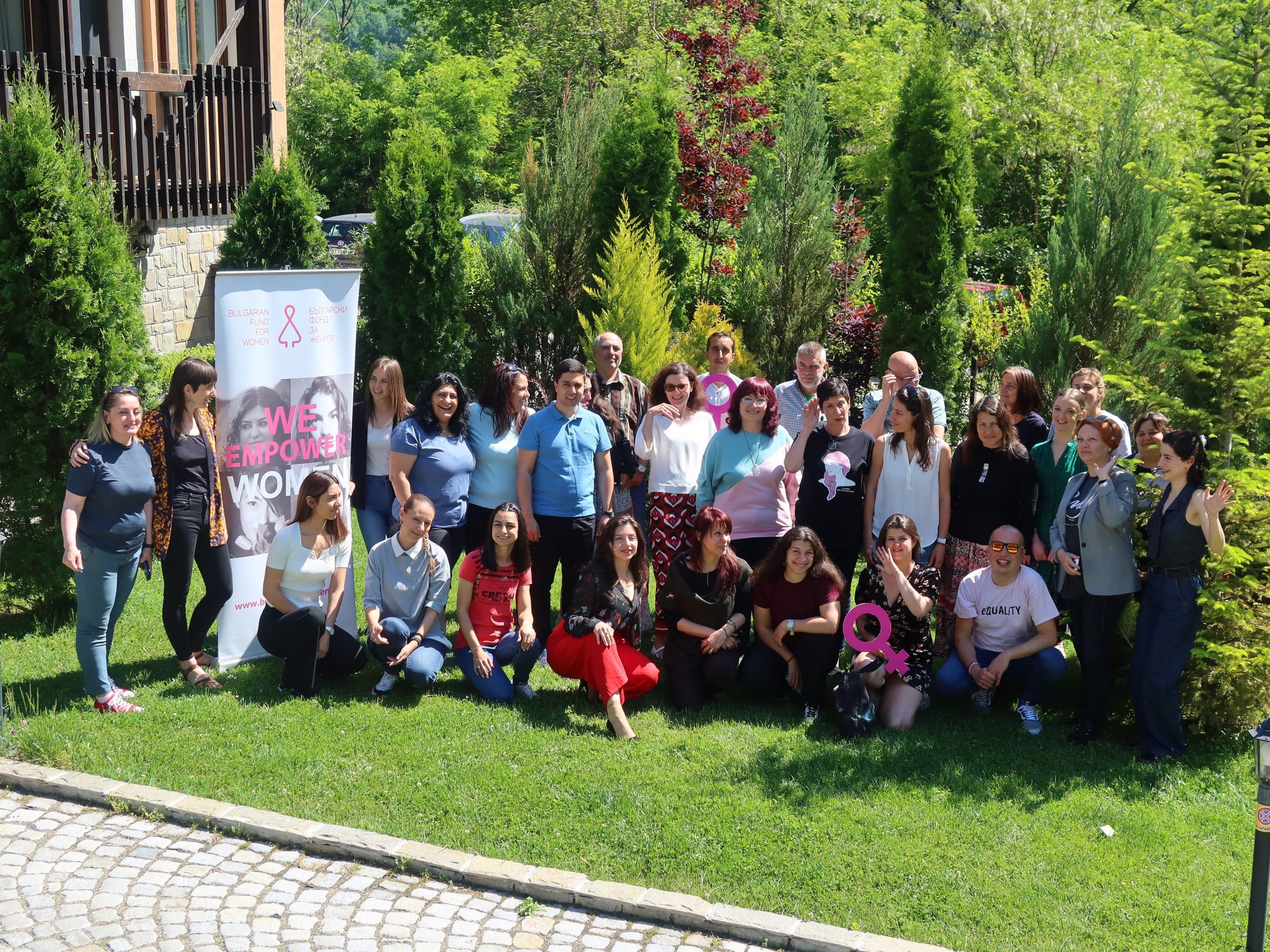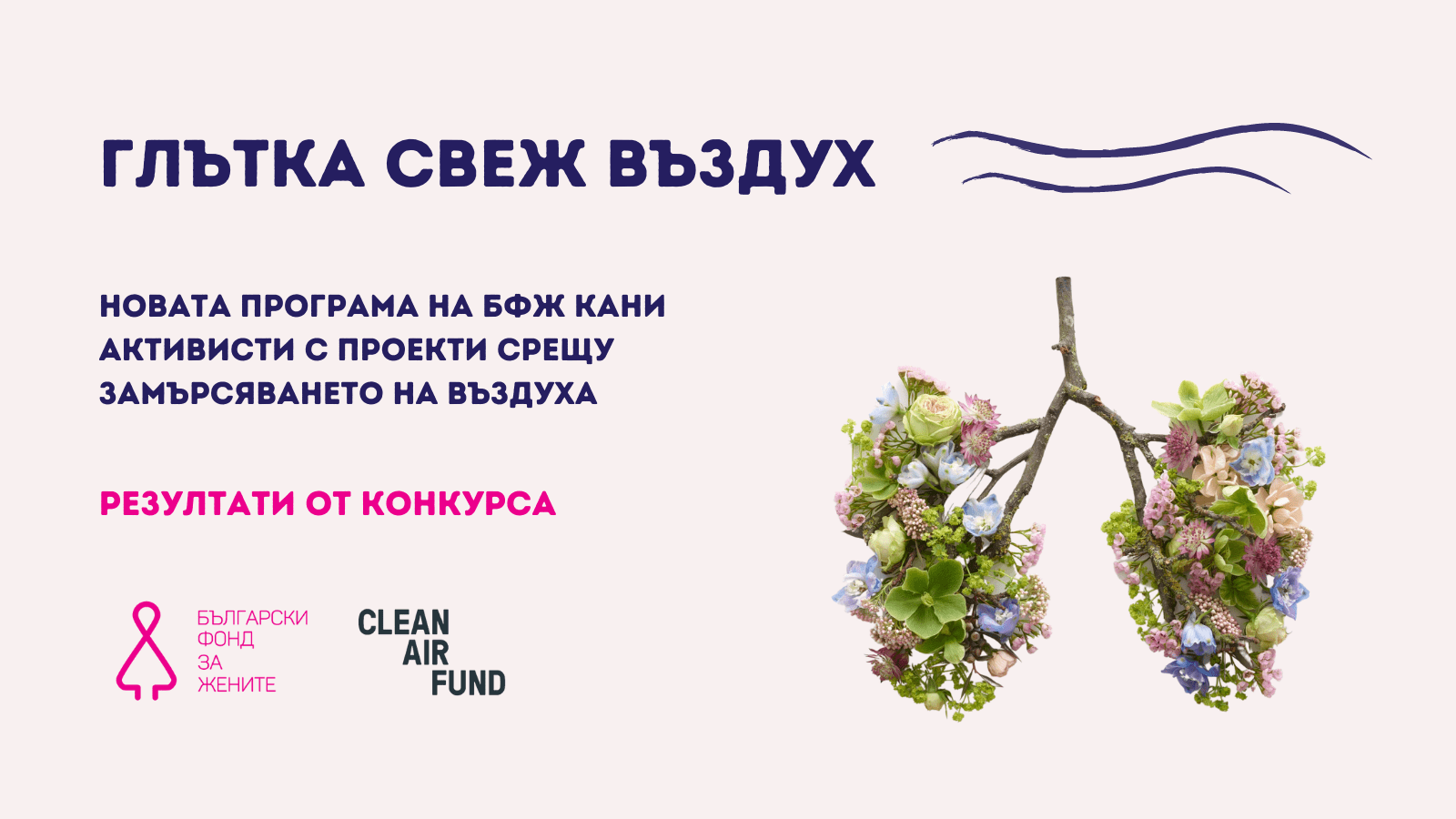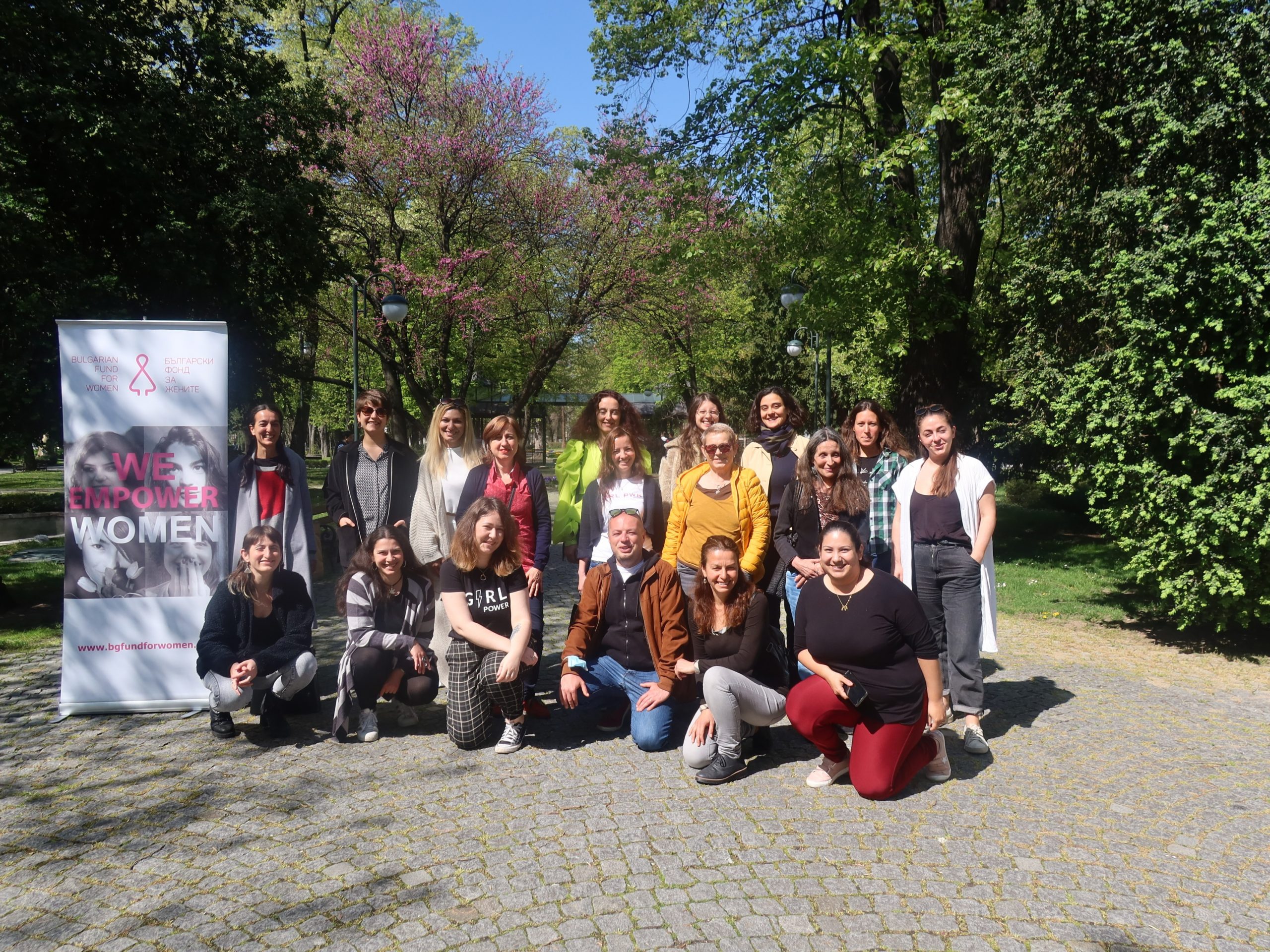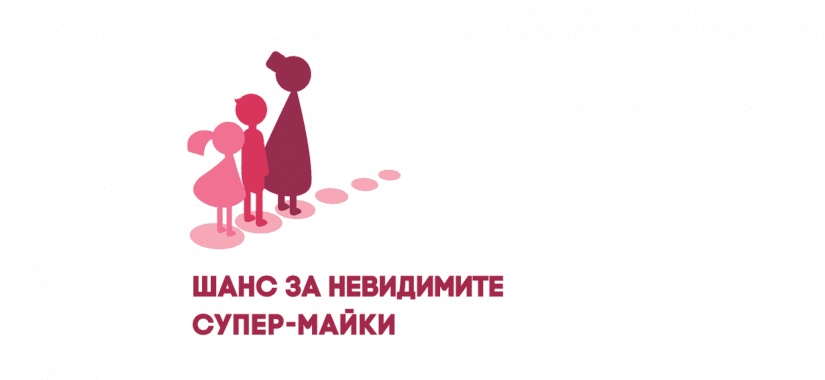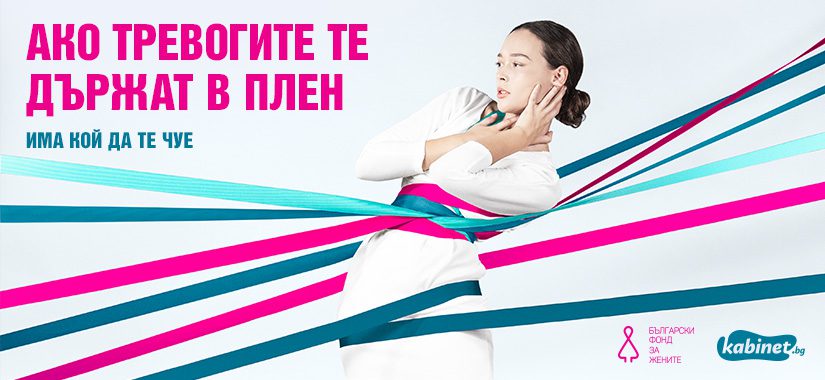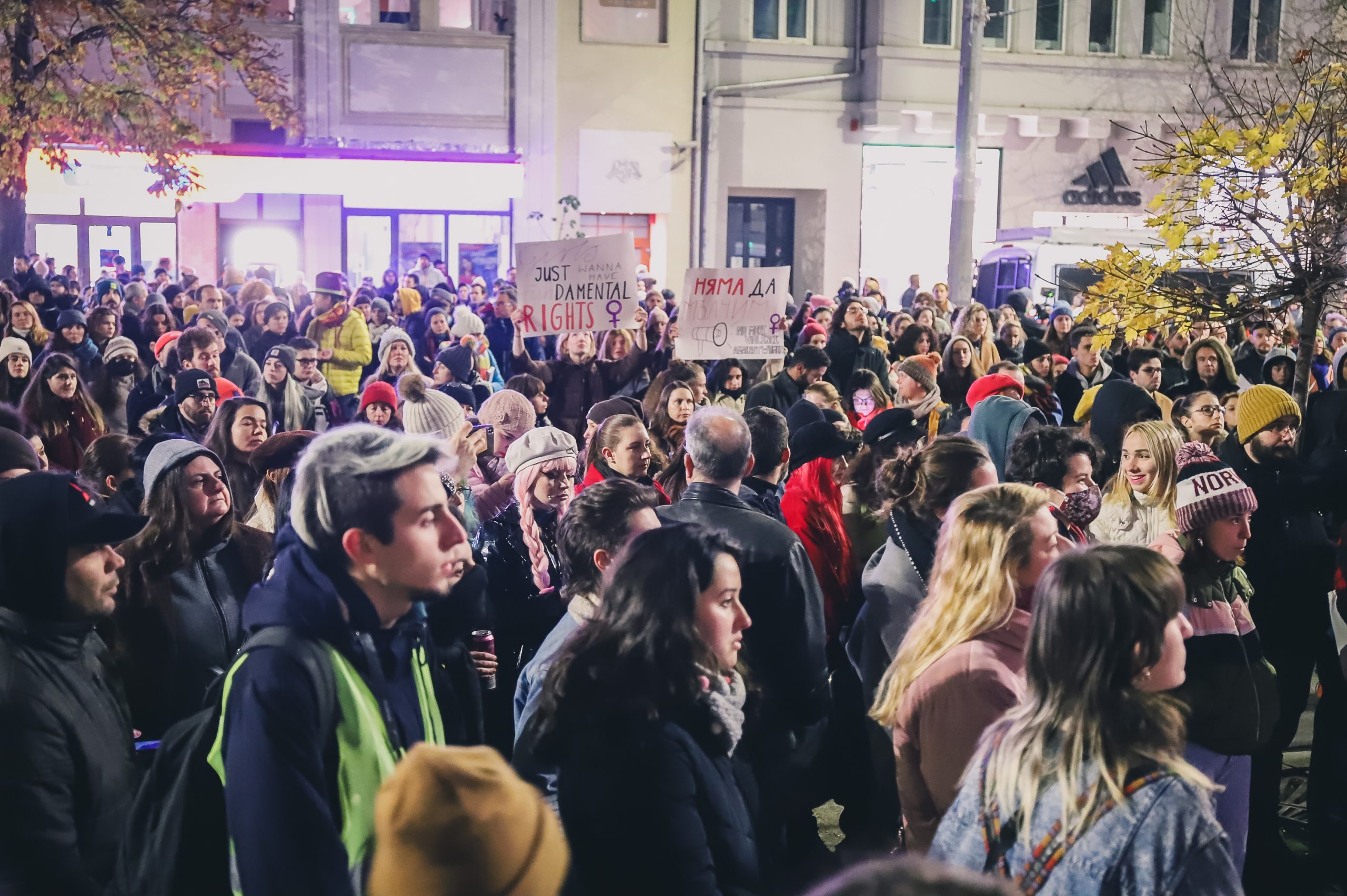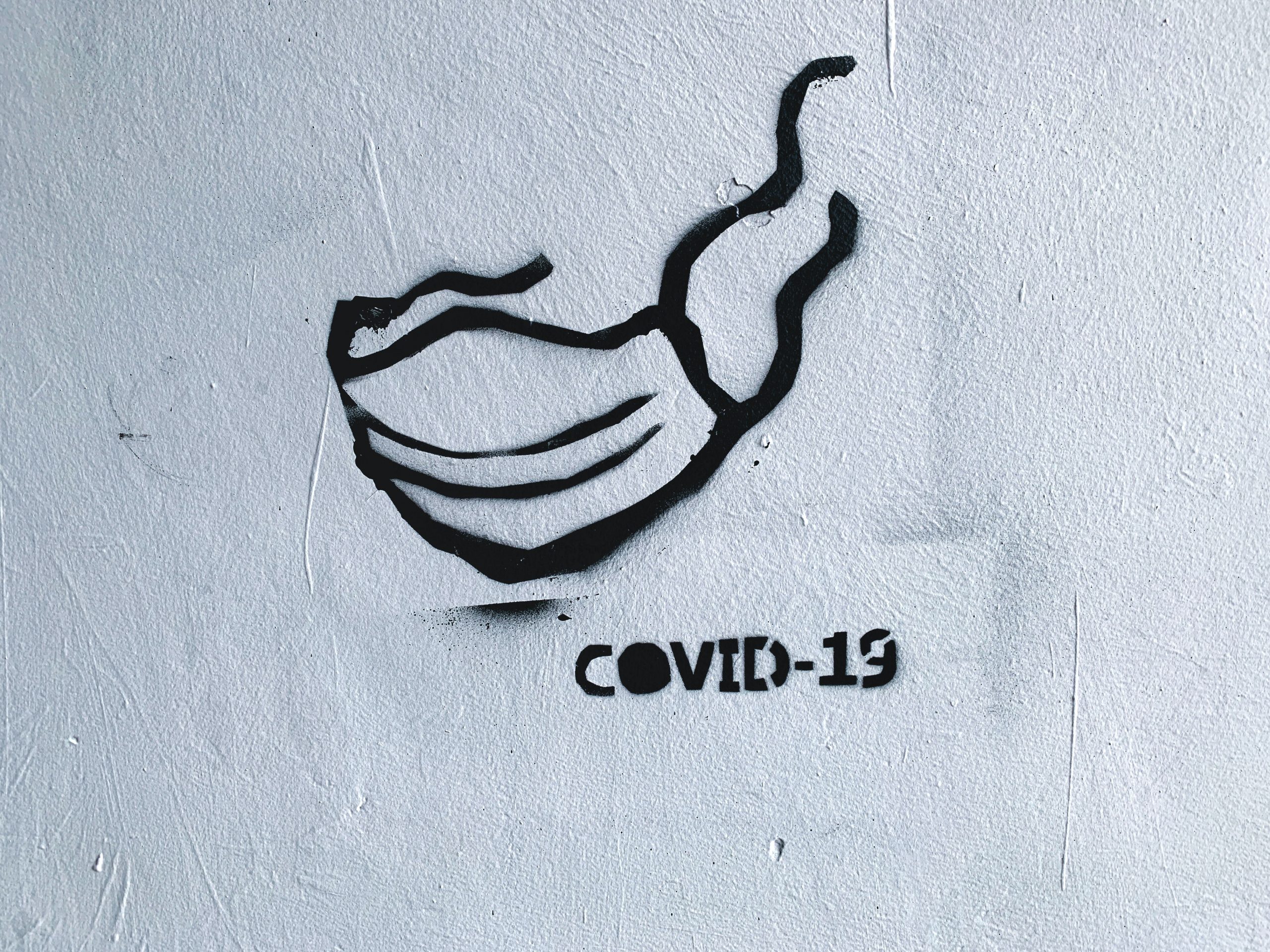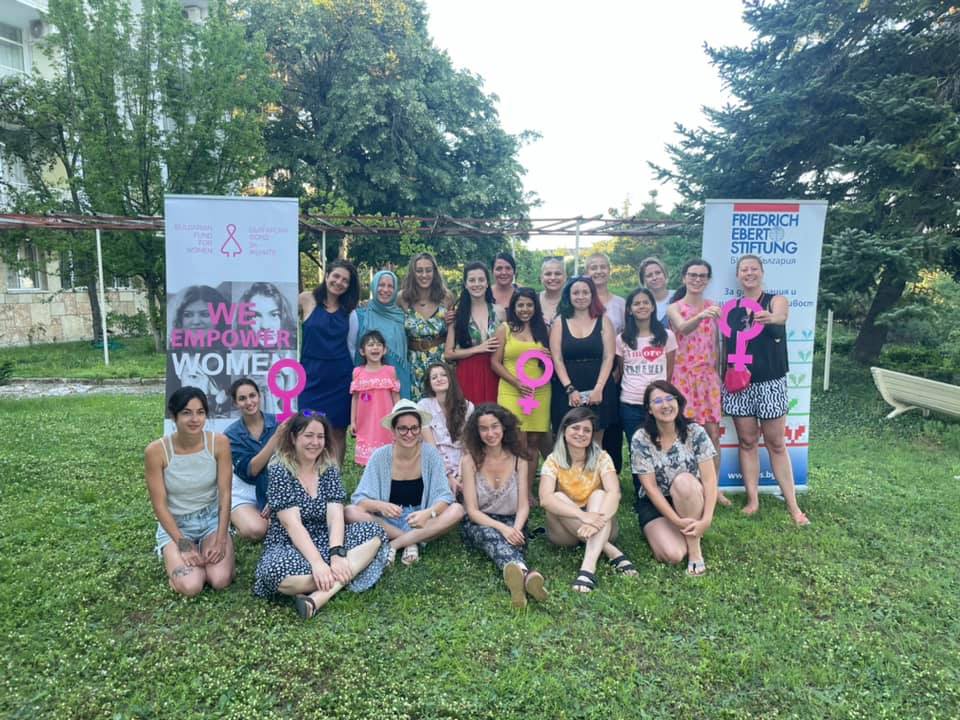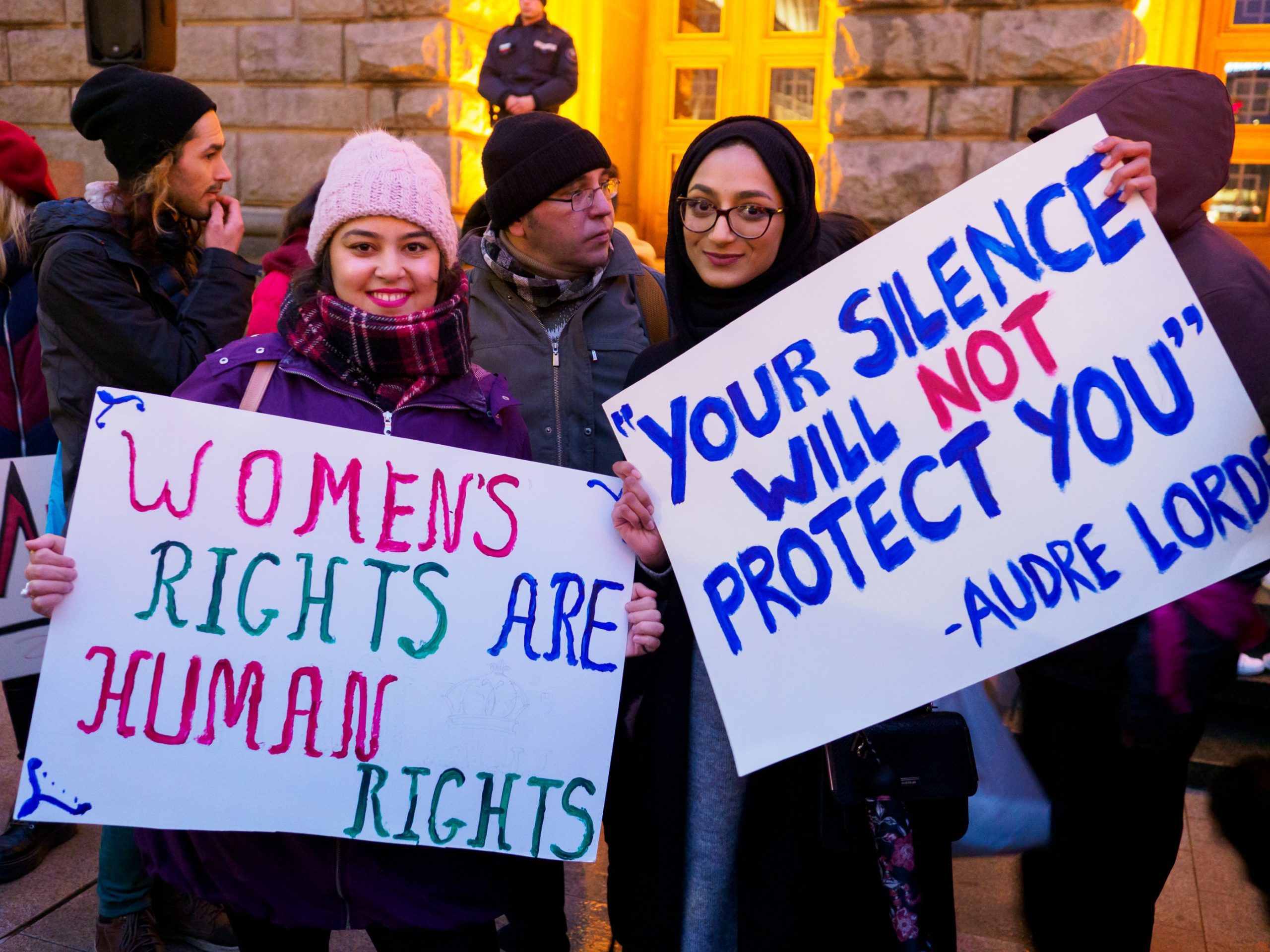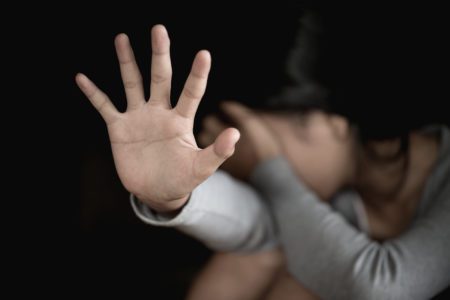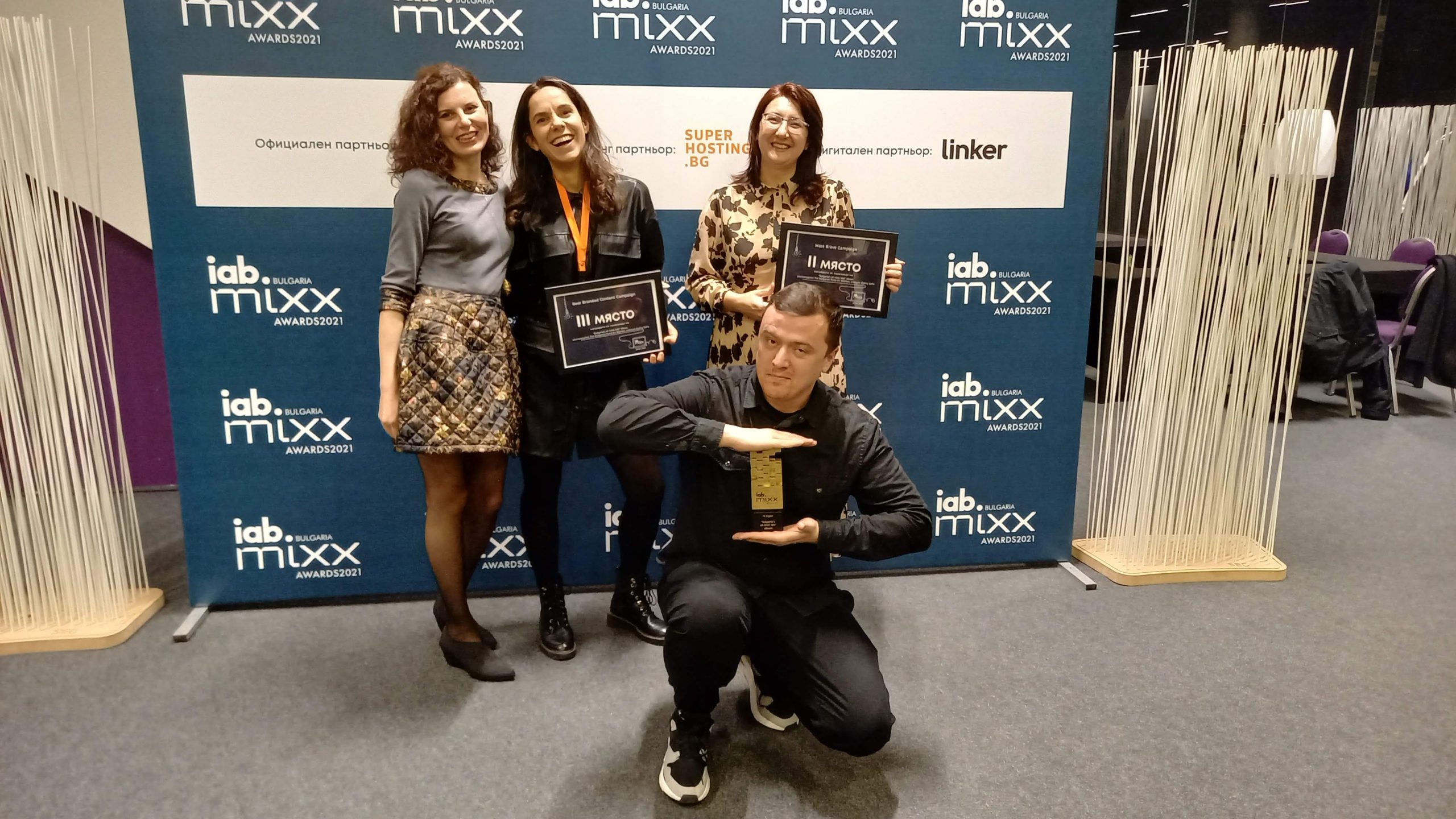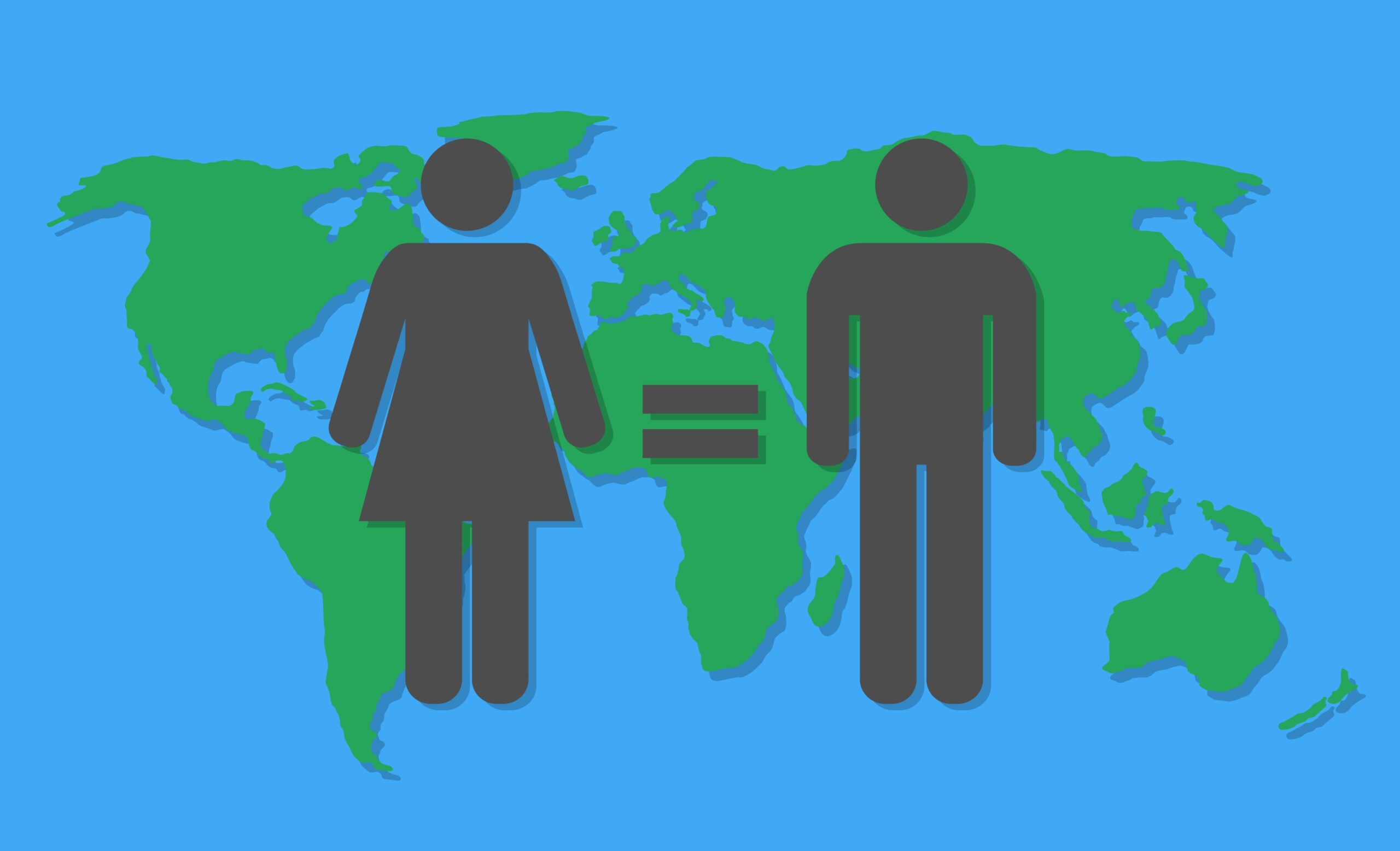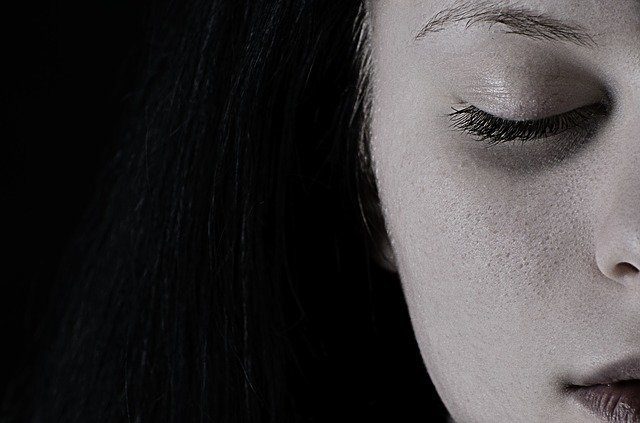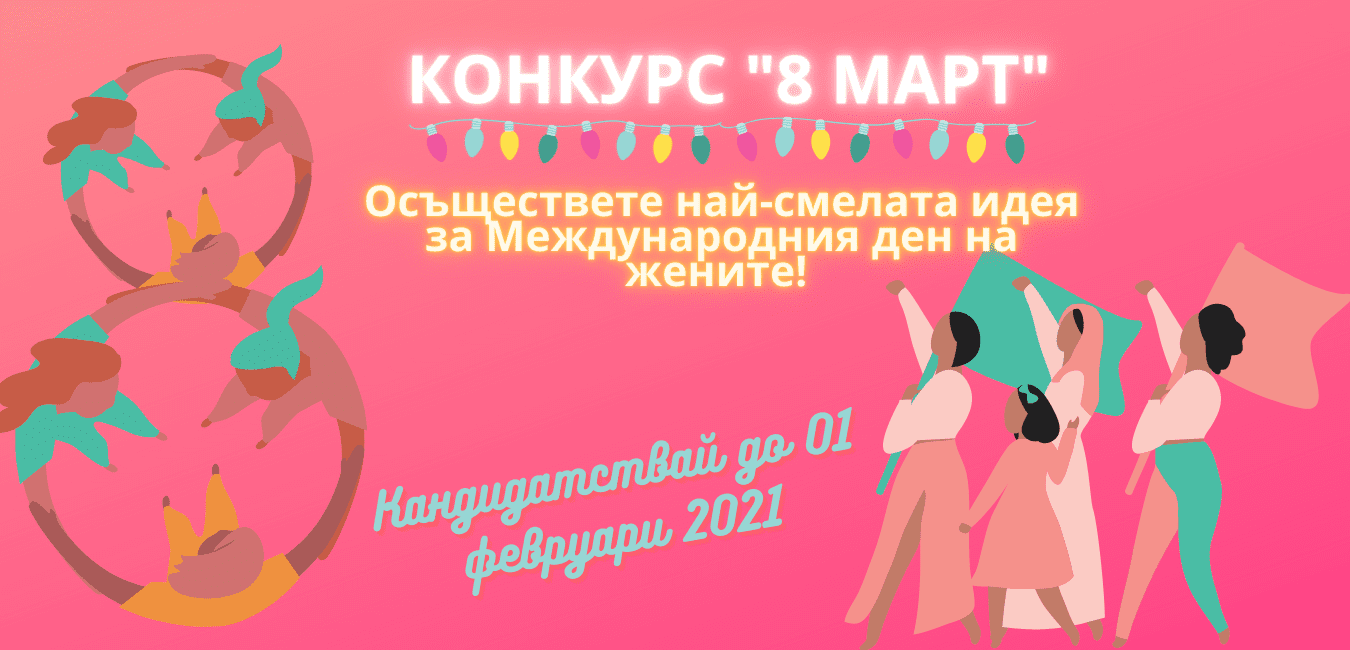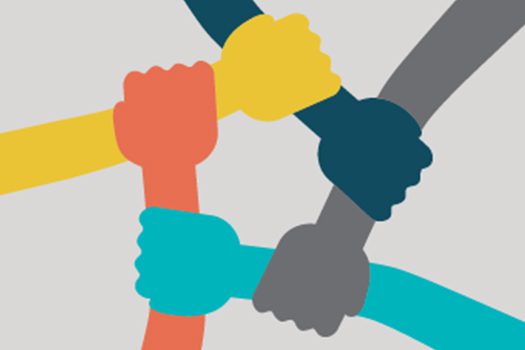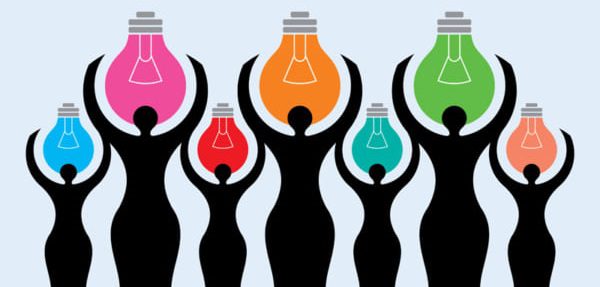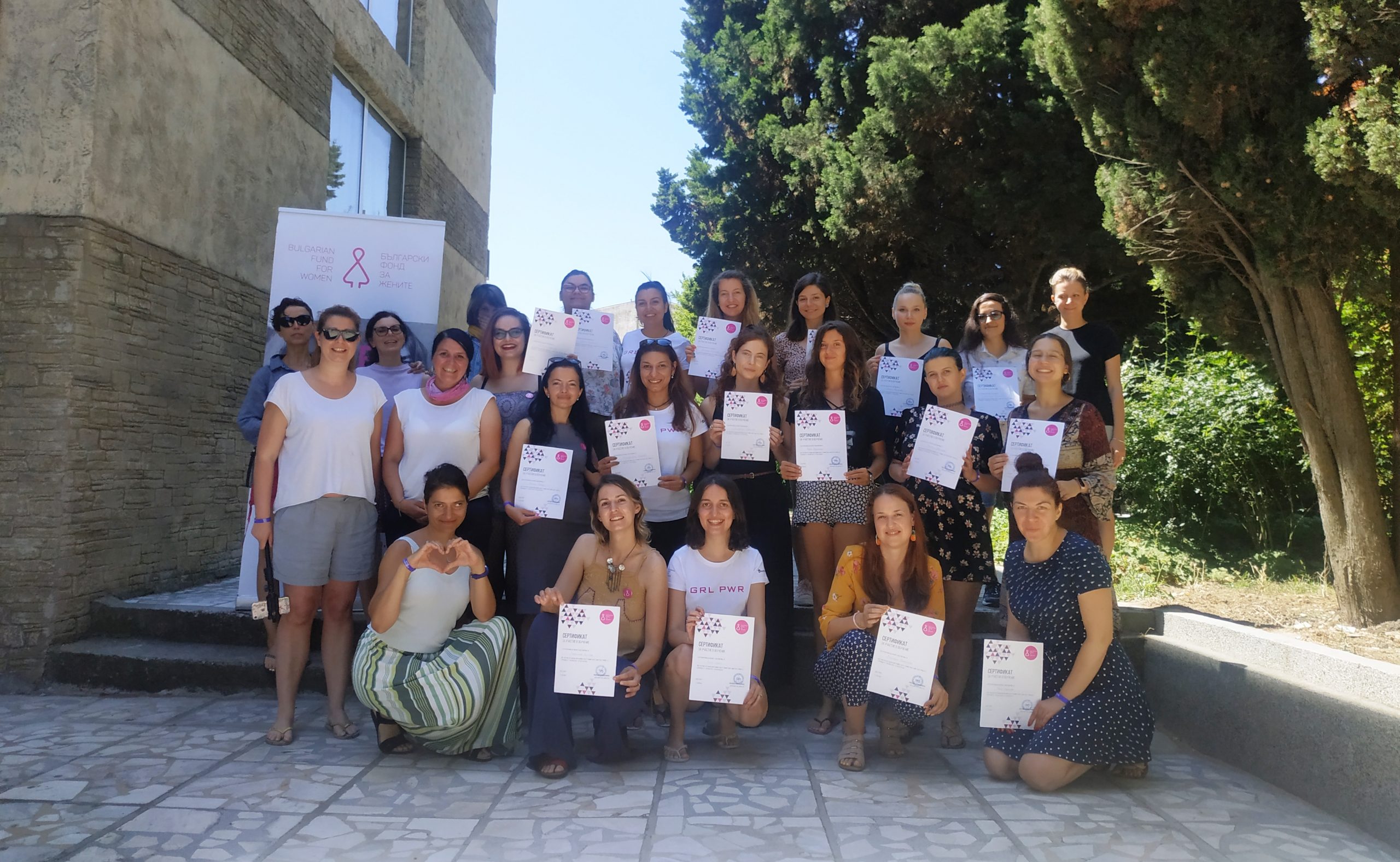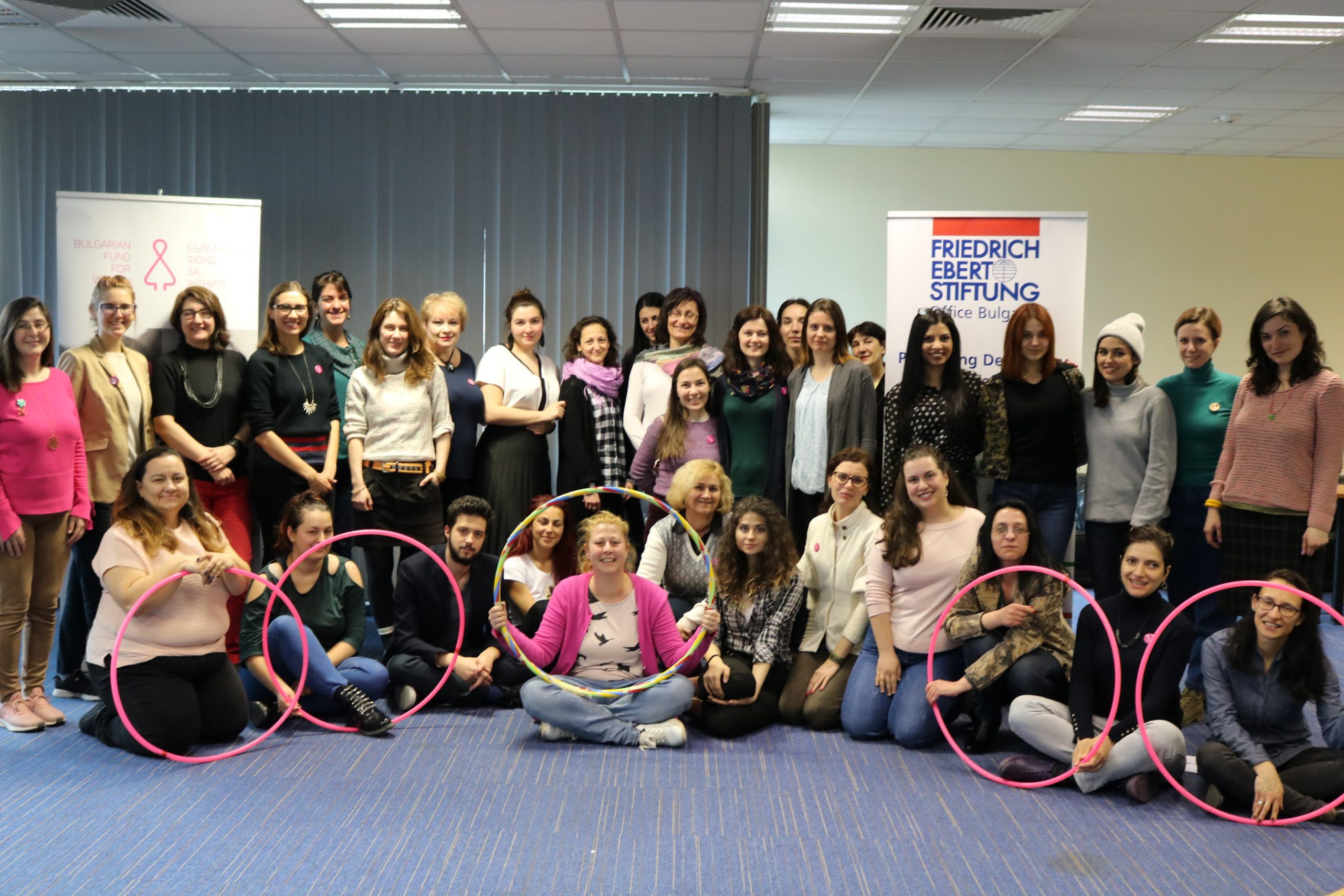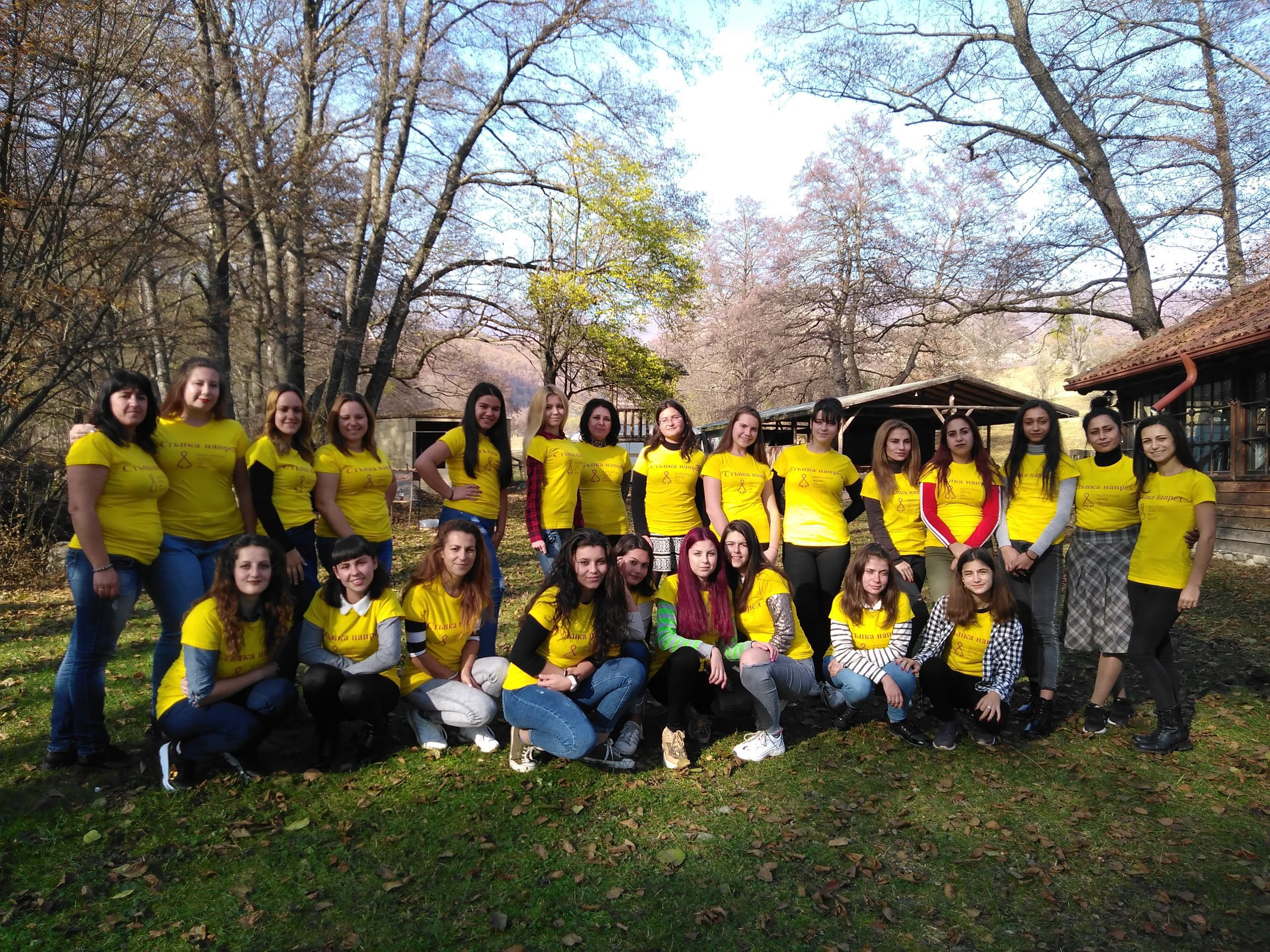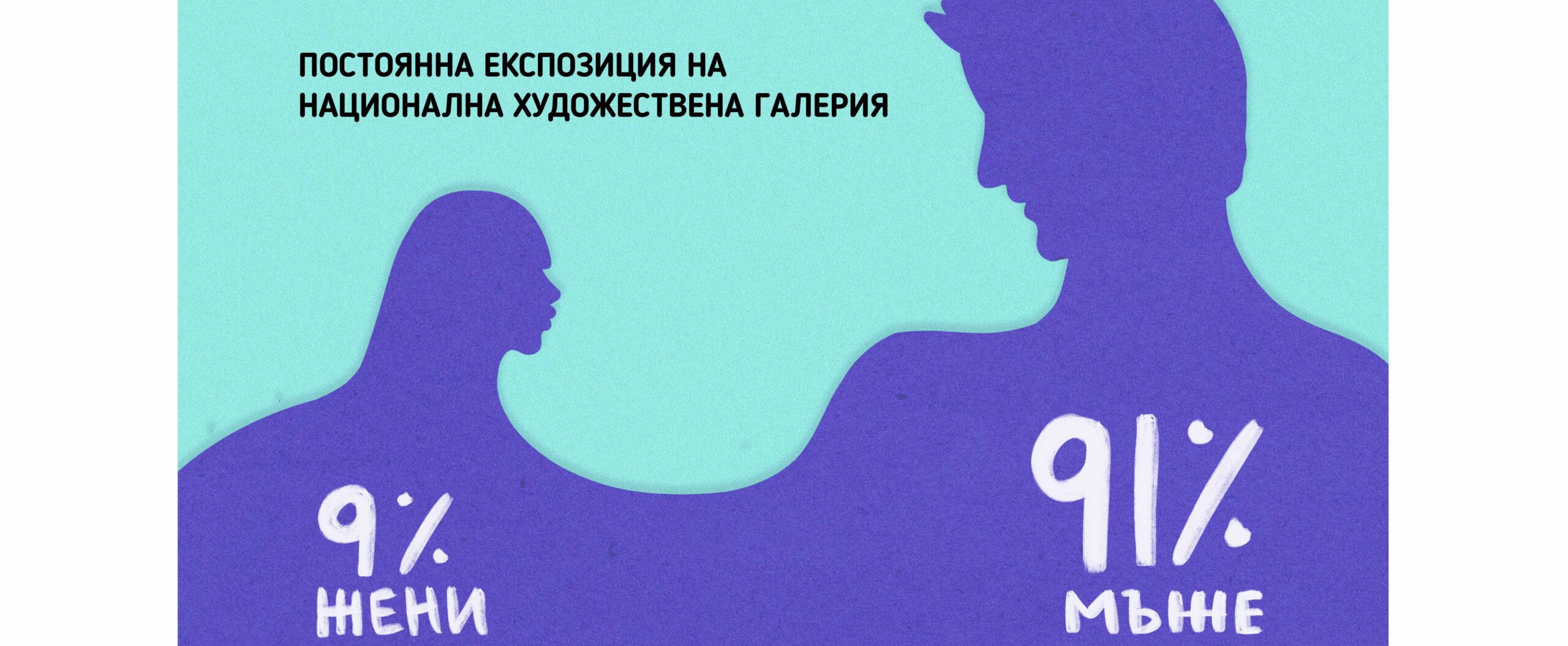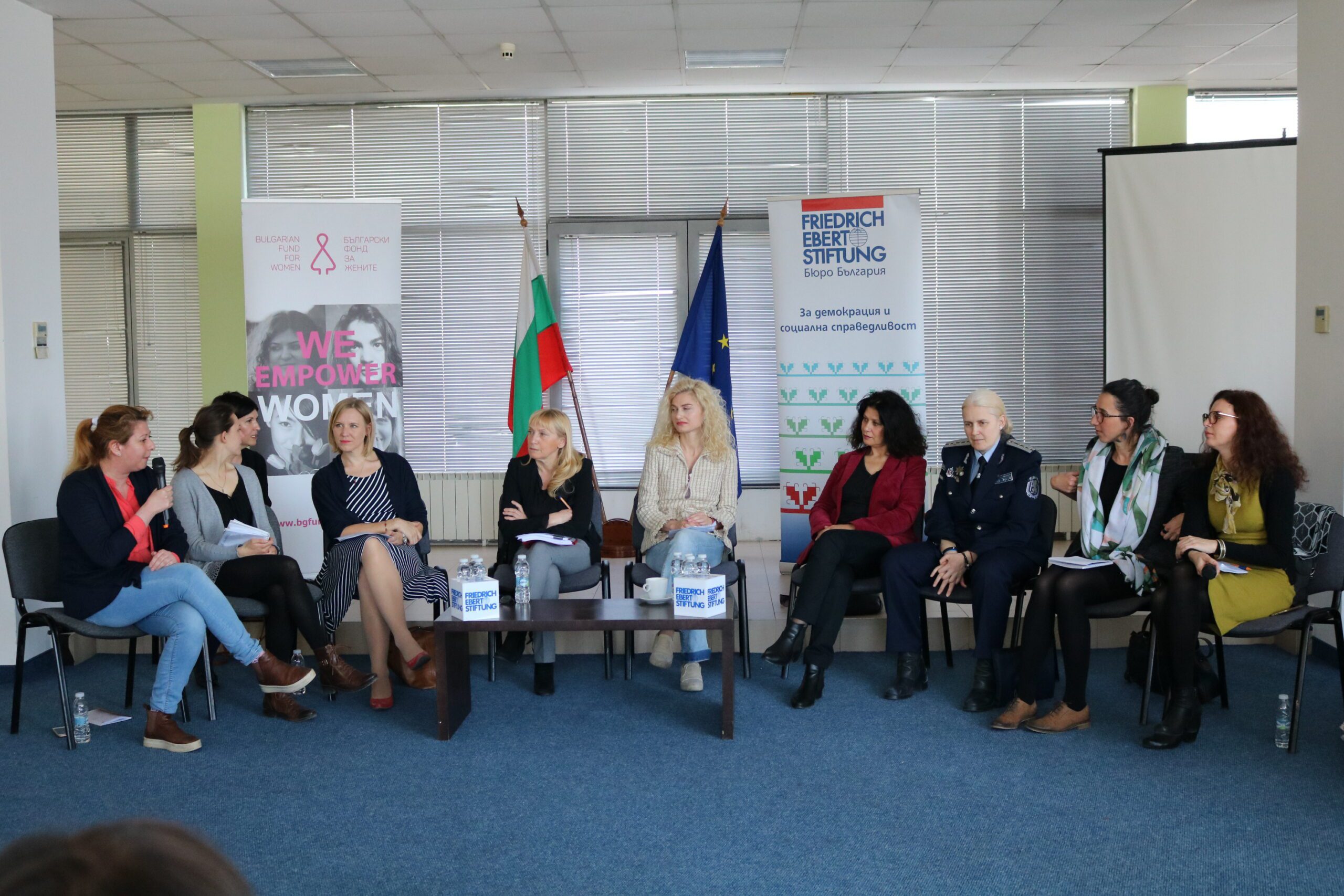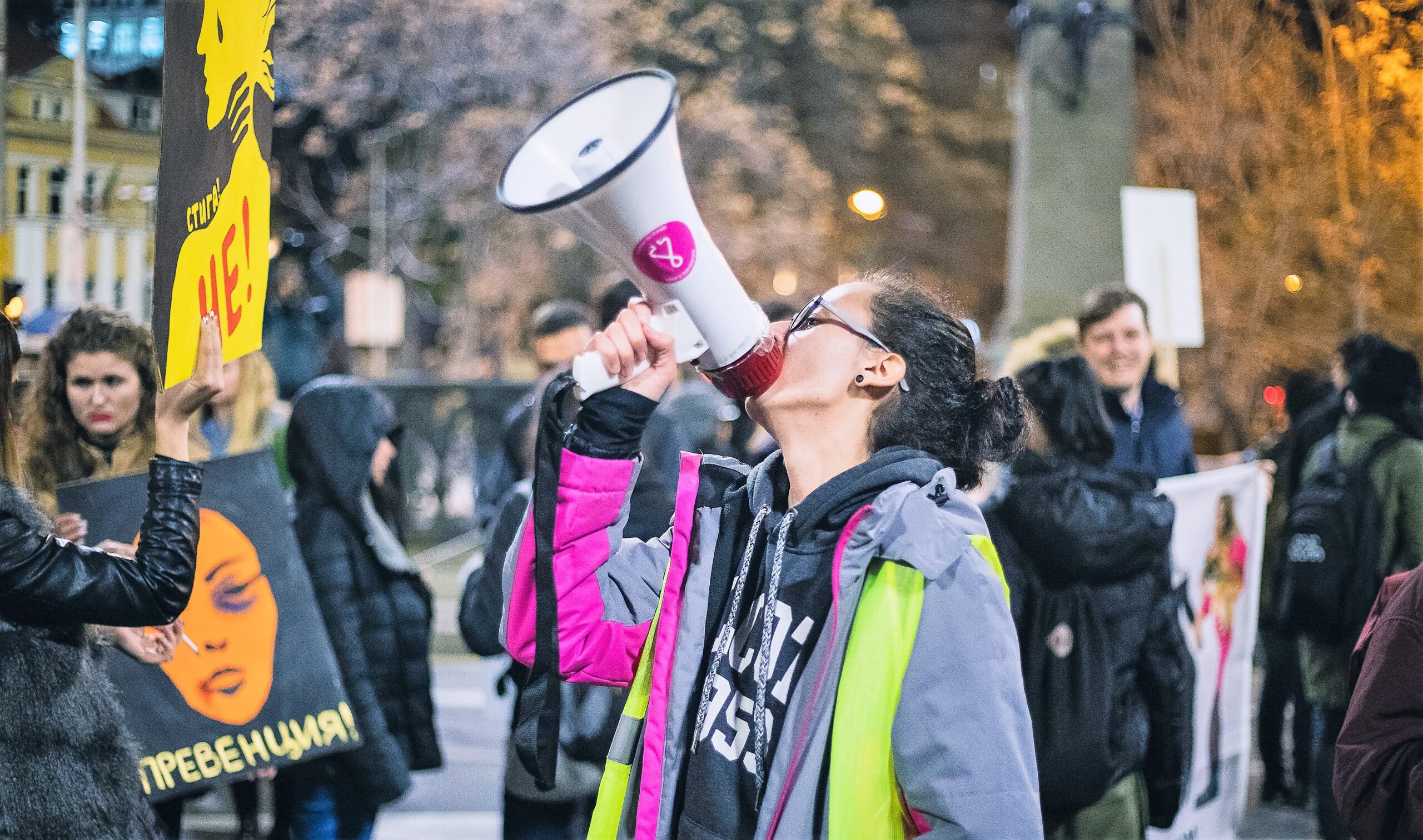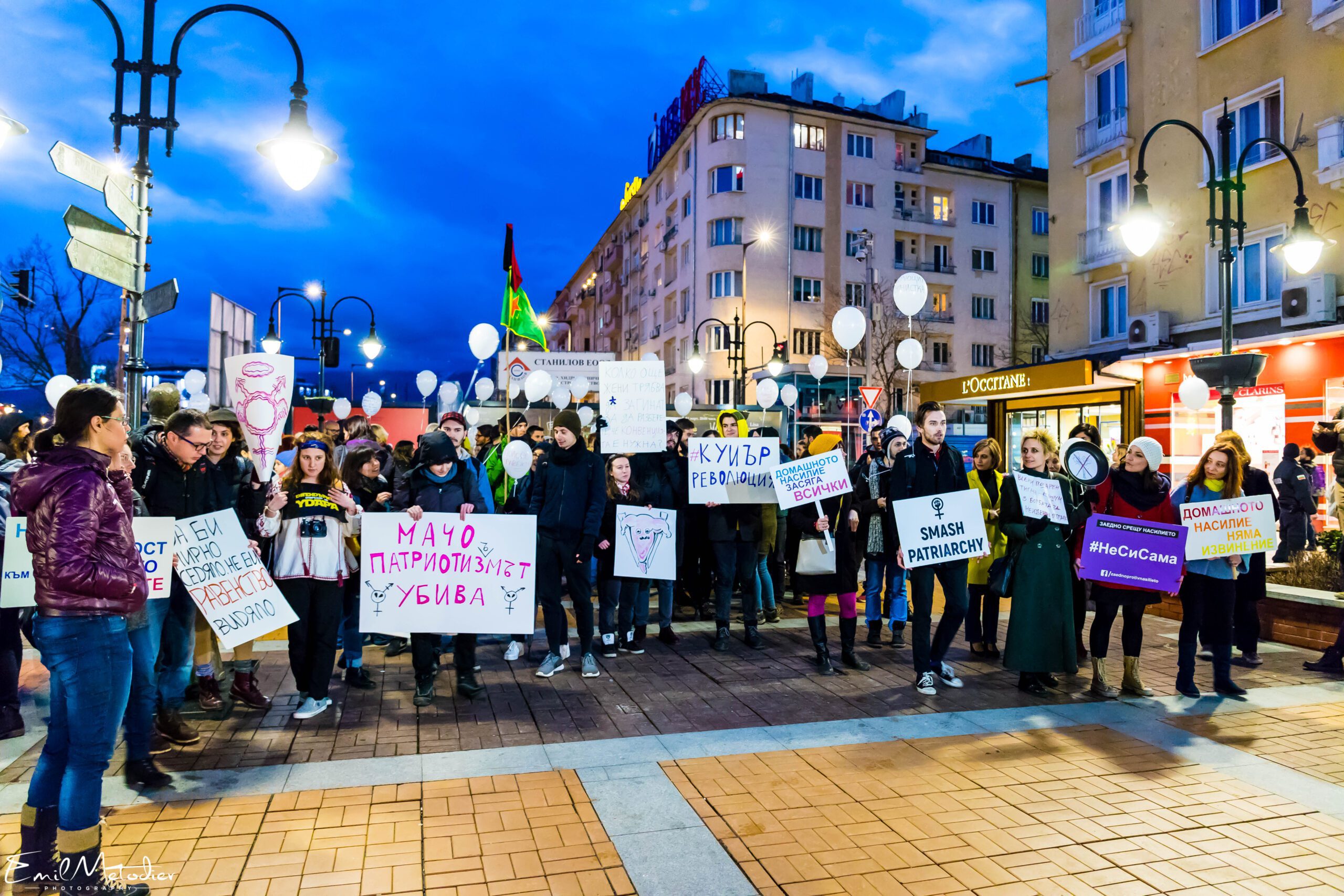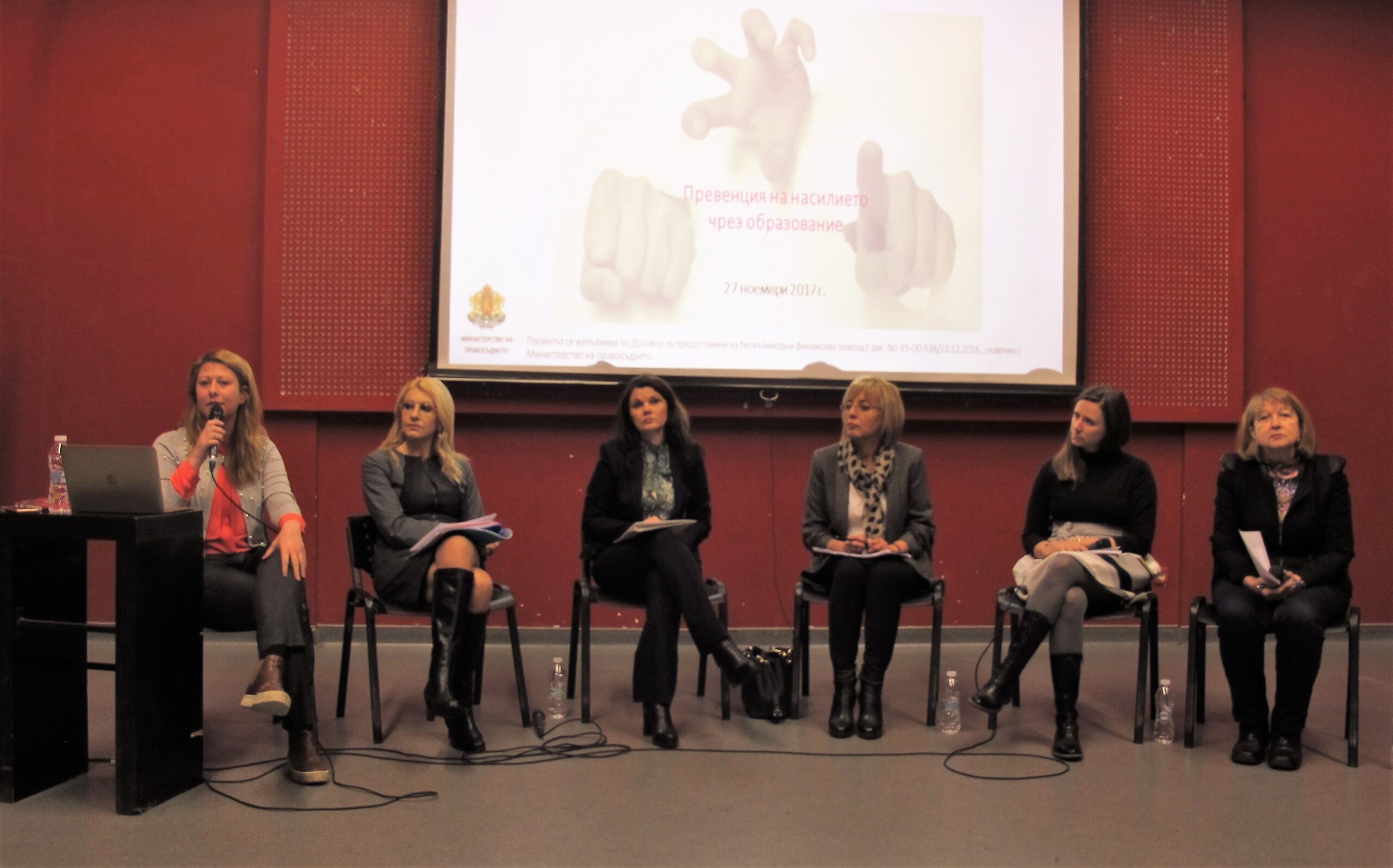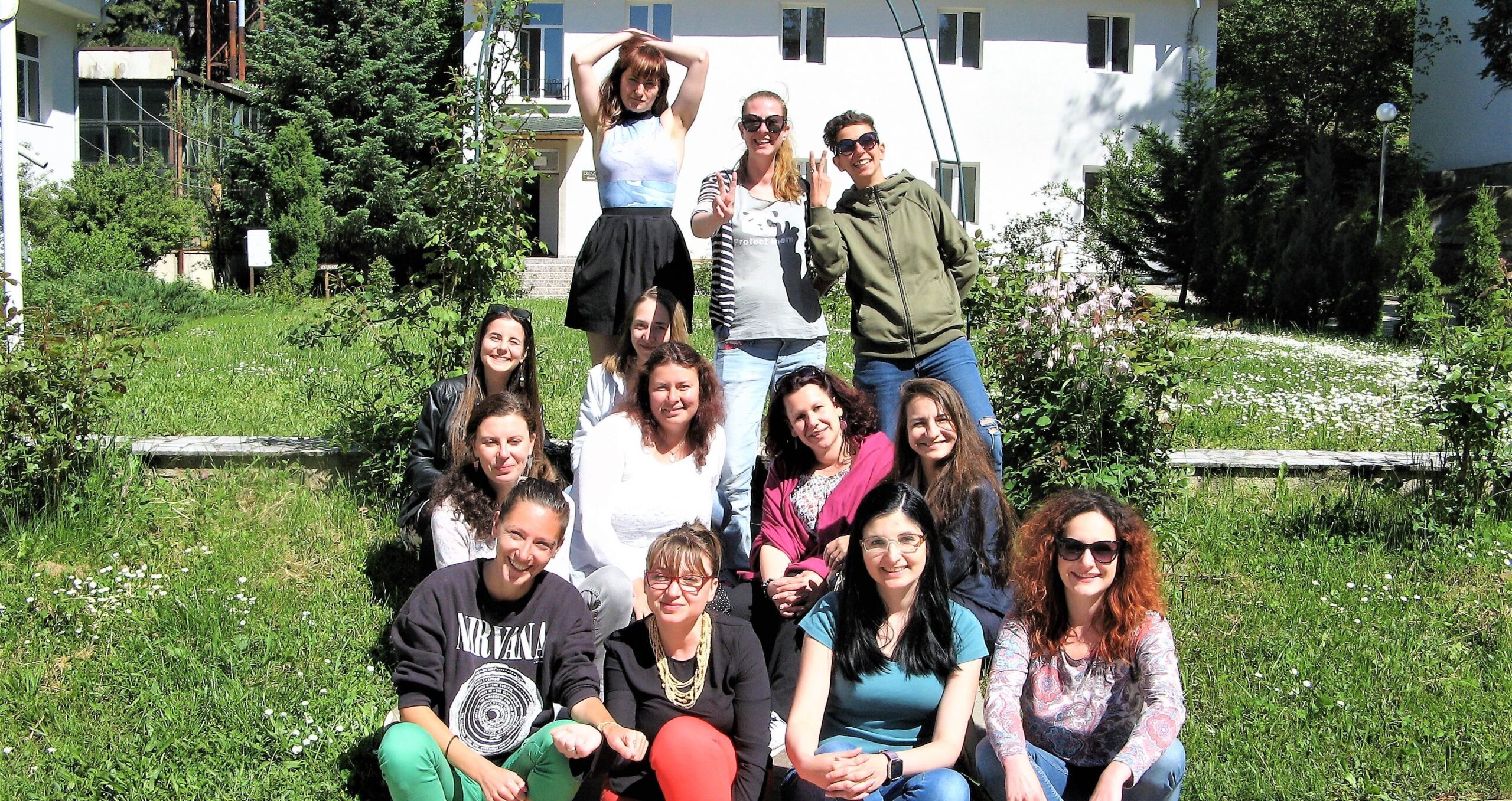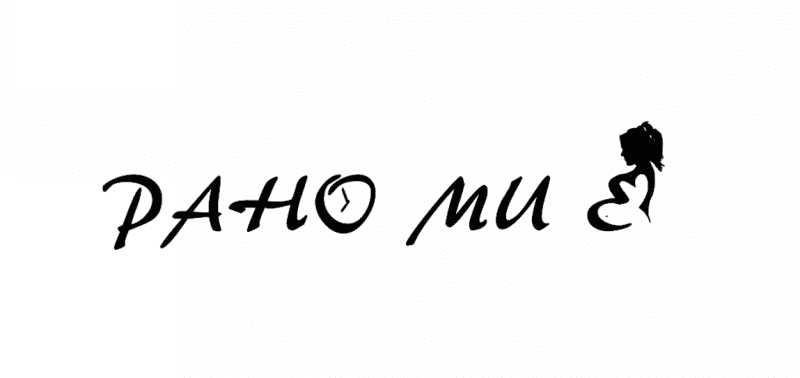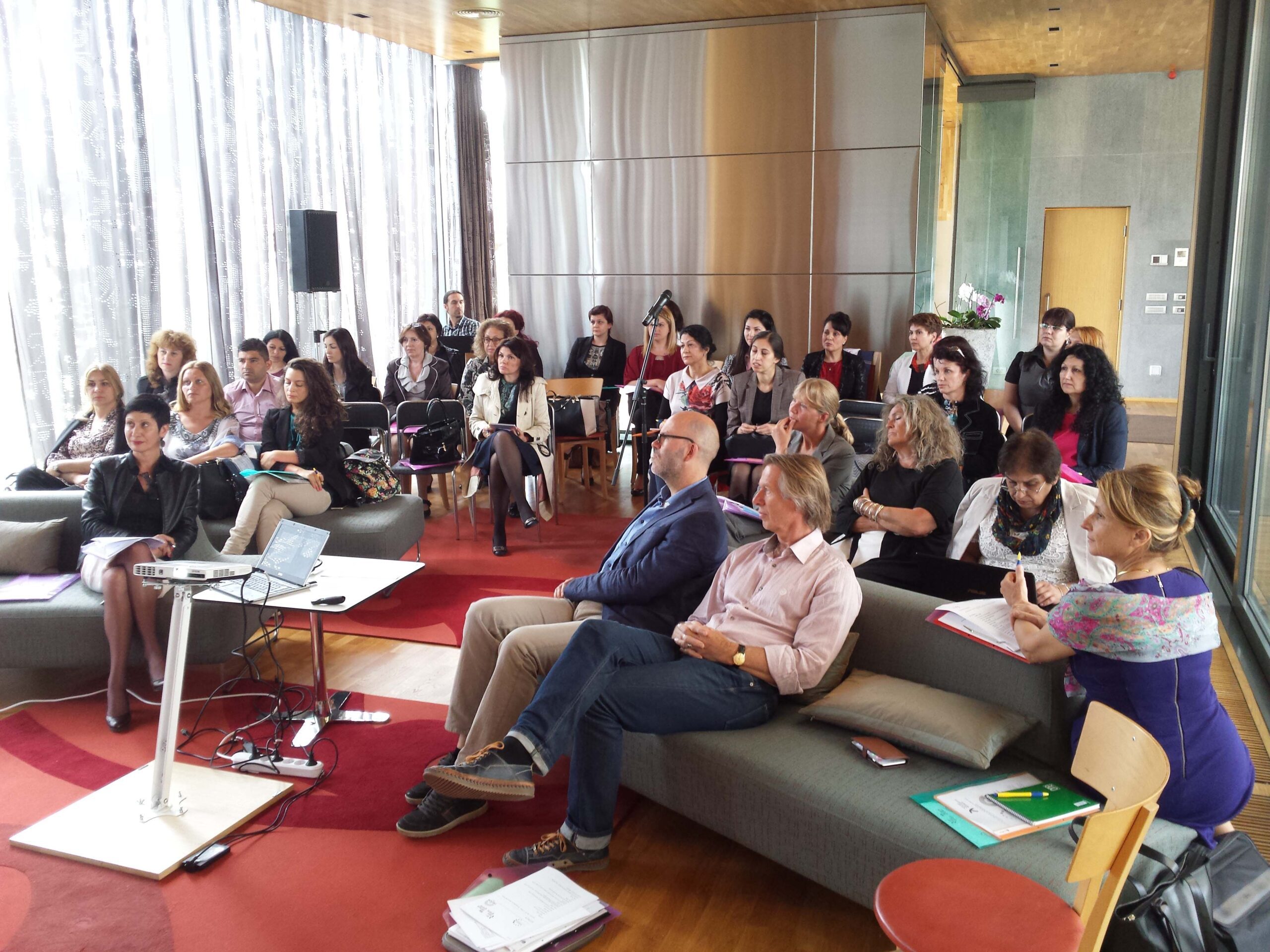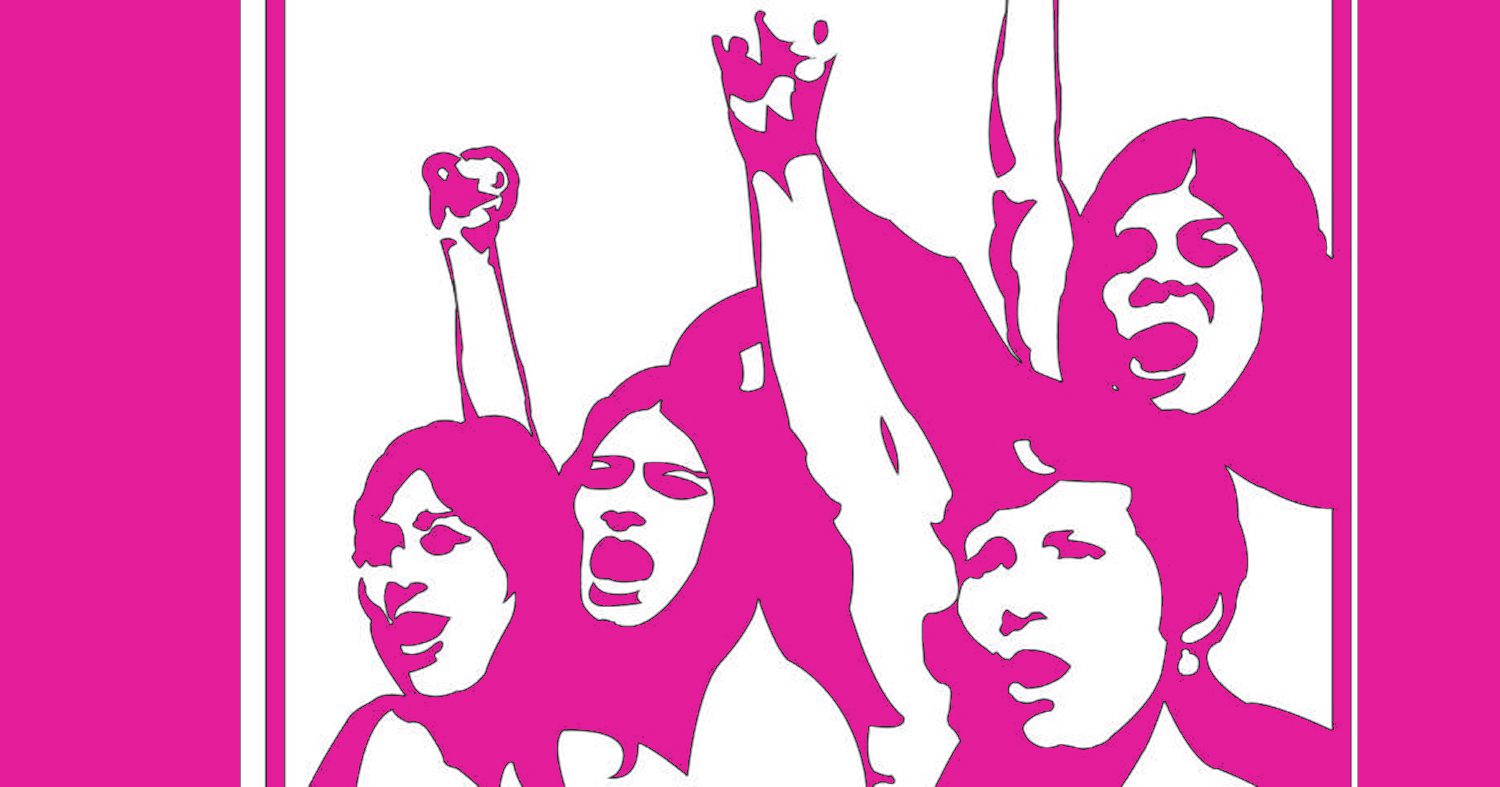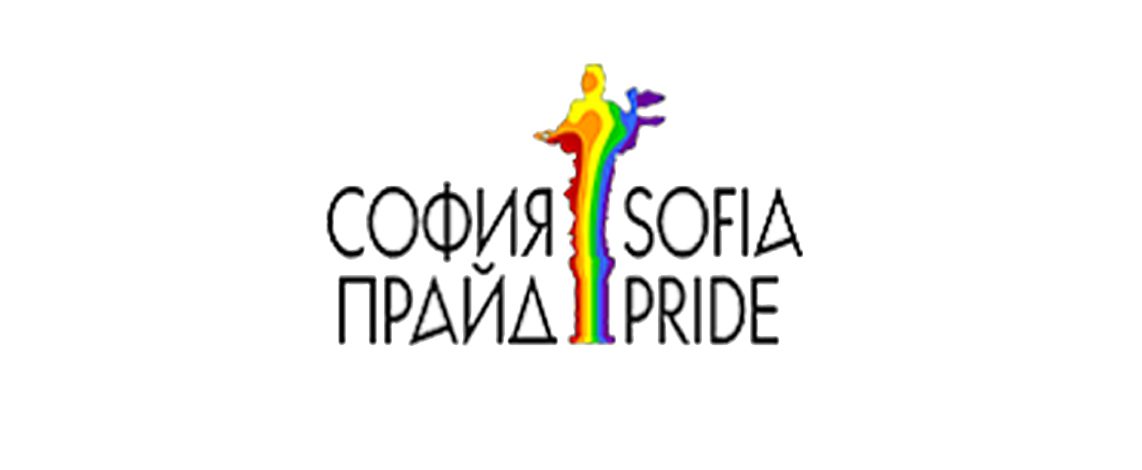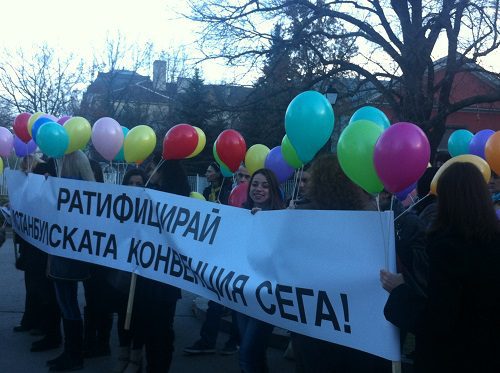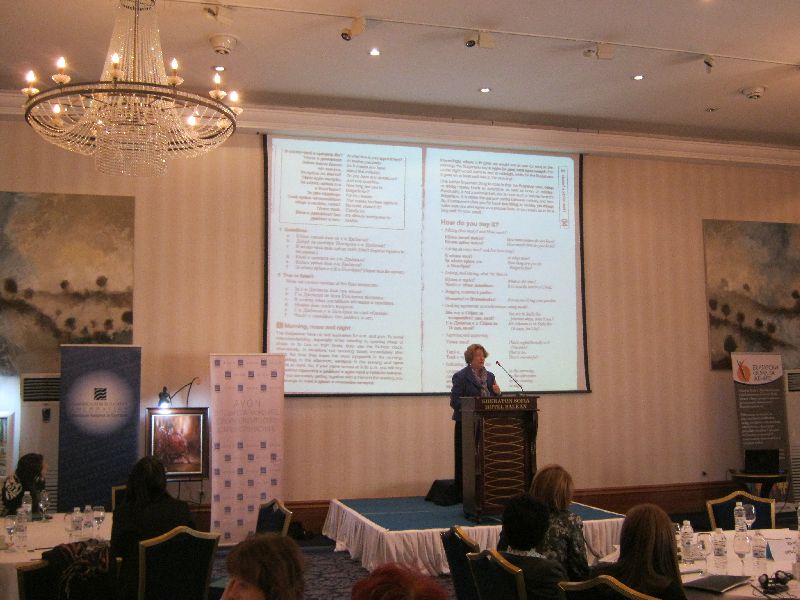We are sitting on the stairs of the National Theatre, half an hour earlier. Suddenly, two men appear – one of them with a mower, the other with a small truck, cleaning the tiles. They are making awful noise and we start worrying if we could actually make good footage. Because we have a meeting with Joss Stone – the British soul singer, who loves to sing barefoot on stage. The stress about the video is mixed with doubt whether there will actually be a meeting: we cannot describe the feeling when the crew of such a celebrity finds you and tells you “Joss wants to meet with you and help you.”
At the exact hour of the meeting we get a call from Harry, Joss’s cameraman, who after hundreds of excuses warns us that they will be 5 minutes late. The 5 minutes really are 5, there is no more noise in front of the National Theatre and we can calmly begin the shooting of a short film related to the history of women, who have struggled for and won their rights and the rights of all women in Bulgaria: especially the right to vote and, more importantly, the right of university education.
 It is not a coincidence that our meeting is exactly at the National Theatre – a place which is a part of the Feminist Walk, organized by the Bulgarian Association of University Women, whose project Bulgarian Fund for Women supported in 2015. The walk includes 15 historical places, but we are taking Joss only to four of them – the National Theatre, the City Library, the Bulgarian Women’s Union and the Parliament. We have only one hour.
It is not a coincidence that our meeting is exactly at the National Theatre – a place which is a part of the Feminist Walk, organized by the Bulgarian Association of University Women, whose project Bulgarian Fund for Women supported in 2015. The walk includes 15 historical places, but we are taking Joss only to four of them – the National Theatre, the City Library, the Bulgarian Women’s Union and the Parliament. We have only one hour.
Women are allowed to be actresses and dramatists in the National Theatre later than men. Like everywhere else. Acting as a profession, in which female characters are depicted by men with coloured masks, is one of the most prestigious after 1878 (when Bulgaria becomes an independent country). An interesting fact is that by the World War I, women were allowed to play in theatre but acting (one of the first professions accessible for women) was already considered a shameful occupation. After we name the first generation of actresses – Adriana Budevska, Zlatina Nedeva, Vera Ignatieva, Maria Kaneli, Elena Snezhina etc, we find the right moment to speak with Joss about women in the music industry. “For sure it is not easy to be a female singer nowadays – there are so many beauty standards you need to cover that talent comes as secondary factor.” We speak about Kesha, who accused her producer of sexual harassment. “Kesha is a victim of sexual harassment not because she is a female singer but because she is a woman in the music industry, which is like any multi-billion-dollar industry – still unfriendly to women. Also, there are not many women producers”, Joss shares with us.
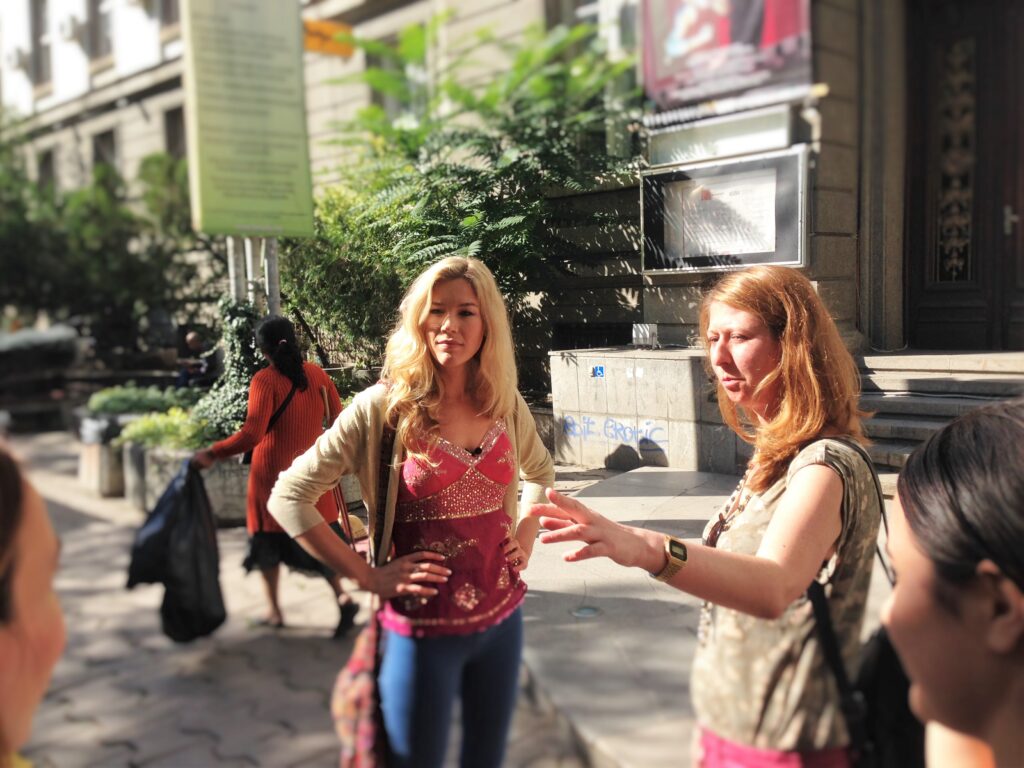 We continue to the City Library, constructed by a female architect, the first female architect in Bulgaria, Victoria Vinarova. Then we head to the building of the Bulgarian Women’s Union on Rakovski Street 157. The Union was established in 1901 and today’s generation of women owes their right of higher education and voting to it. “The thought that these rights have been fought for and won not so long ago is deeply concerning,” Joss says and adds “Sometimes I wonder why so many men are scared of feminism? Maybe because the word begins with “fem” and they think that it is only about women and especially women who want to take over power. No, it is just about equality. Equality between women and men, that’s it.” – Harry nods eagerly and suggests to Joss to go together and see “Suffragette” when they return home. “See, Harry is a feminist. All men around me are feminists. There is no other way – if you are not a feminist, what the hell are you doing around me?”
We continue to the City Library, constructed by a female architect, the first female architect in Bulgaria, Victoria Vinarova. Then we head to the building of the Bulgarian Women’s Union on Rakovski Street 157. The Union was established in 1901 and today’s generation of women owes their right of higher education and voting to it. “The thought that these rights have been fought for and won not so long ago is deeply concerning,” Joss says and adds “Sometimes I wonder why so many men are scared of feminism? Maybe because the word begins with “fem” and they think that it is only about women and especially women who want to take over power. No, it is just about equality. Equality between women and men, that’s it.” – Harry nods eagerly and suggests to Joss to go together and see “Suffragette” when they return home. “See, Harry is a feminist. All men around me are feminists. There is no other way – if you are not a feminist, what the hell are you doing around me?”
The discussion about feminism continues on the way to the Parliament, where we tell Joss about the campaign of the Bulgarian Fund for Women “#Every4th”. “We want to shift the focus from the victims of domestic violence to the perpetrators because if there are no perpetrators there will be no victims.” says Nadejda Dermenjieva, executive director of the Fund. “Absolutely,” agrees Joss, “Maybe if we solve the problem with violence against women, the gender pay gap and all the inequality and obstacles which stand in the way of women and men just because of their gender, there will be no need of feminism. I even hope someday we won’t need feminism but these days we really do. Maybe if there were no radio shows only for women, nor events on women’s rights and when the talk of inequality disappears, then that will mean that there is no problem anymore.”
We cannot disagree with Joss, who shares our viewpoint that violence can be eliminated only if we talk about it constantly and stop blaming the victims for being such. Instead of the planned one hour, we separate like old friends after two and a half hours, wishing Joss success with her world tour on which, she promises, she will take our cause with her and will work for it in her own way.
